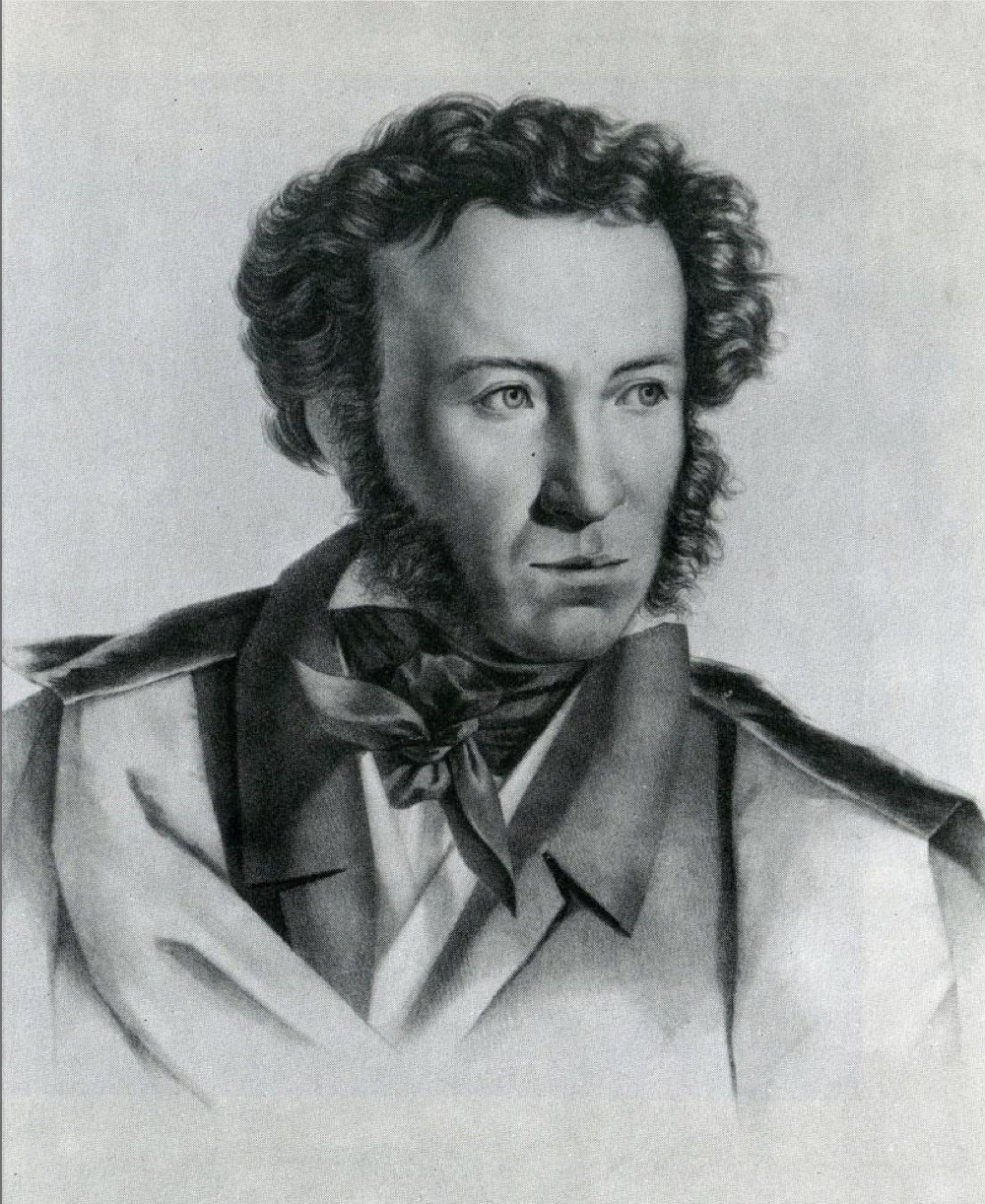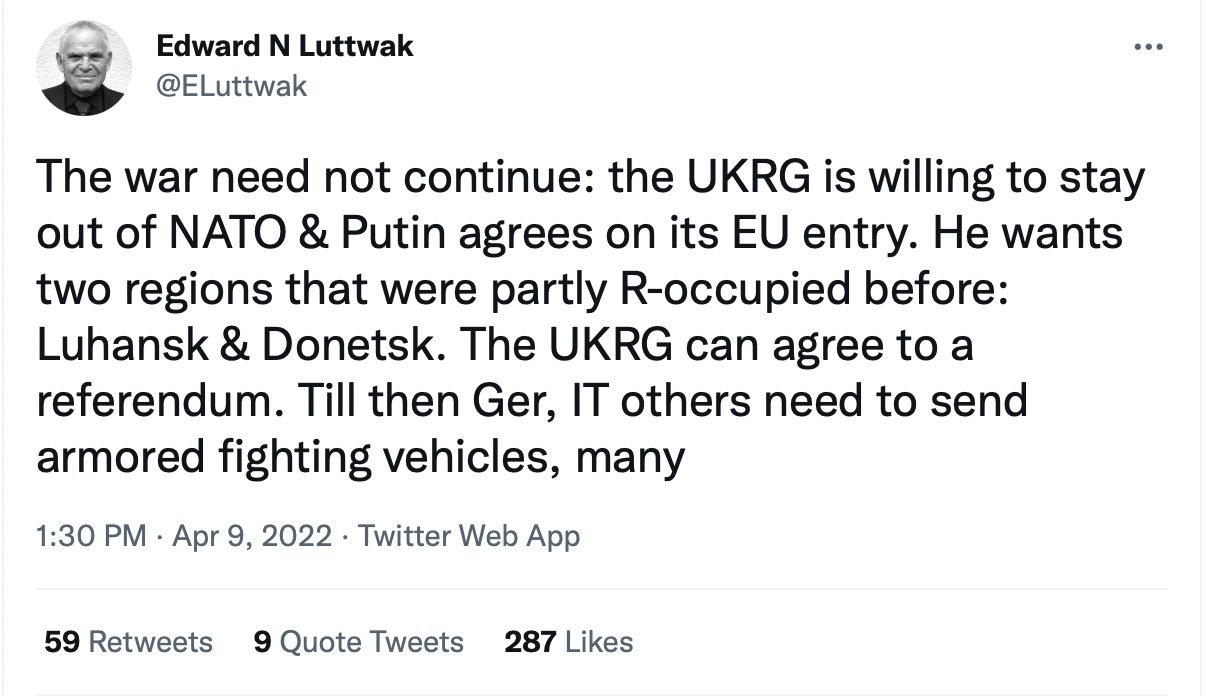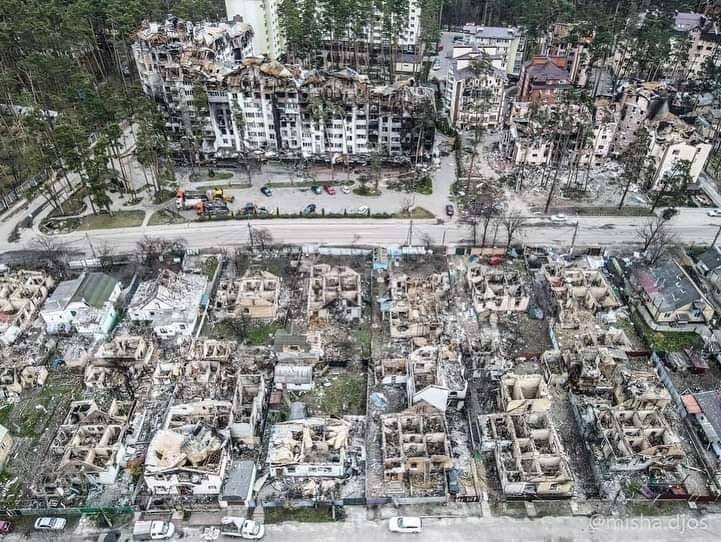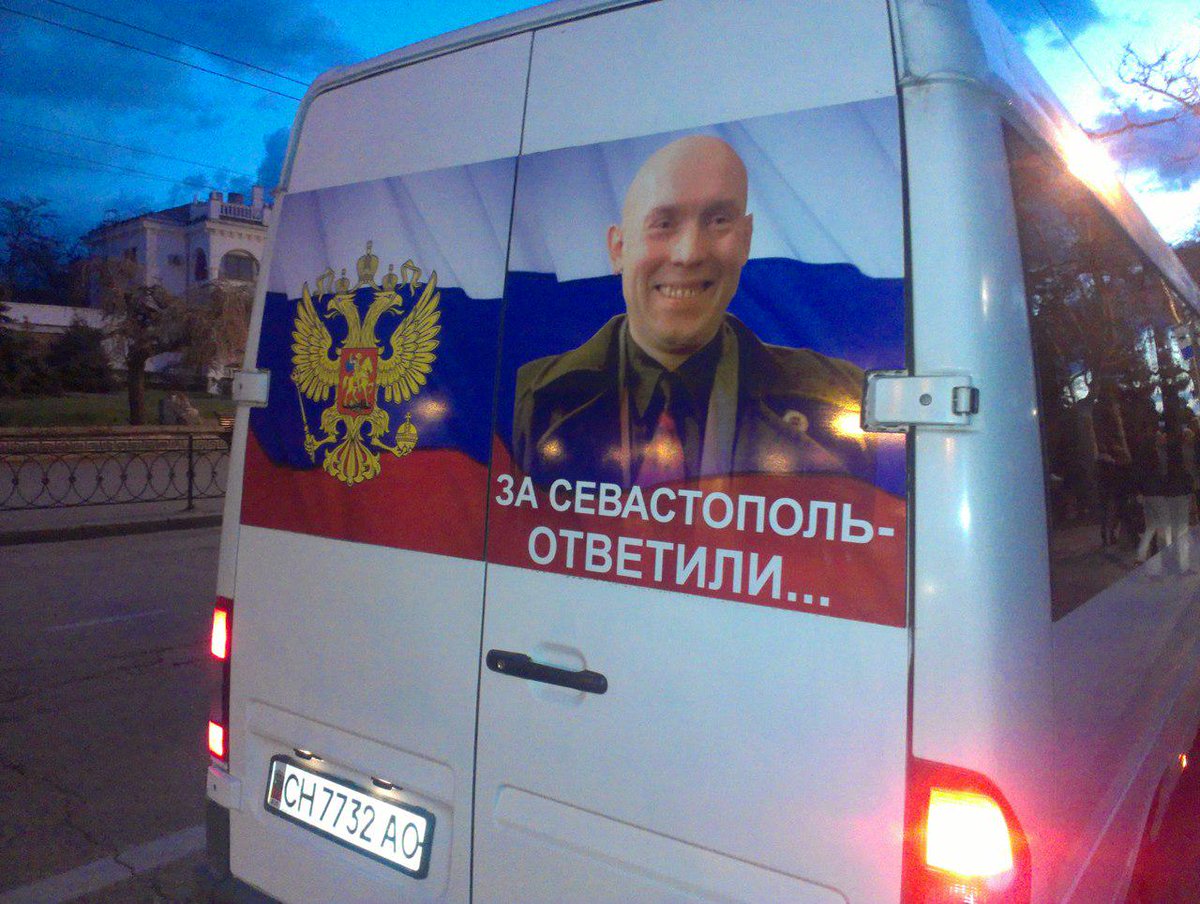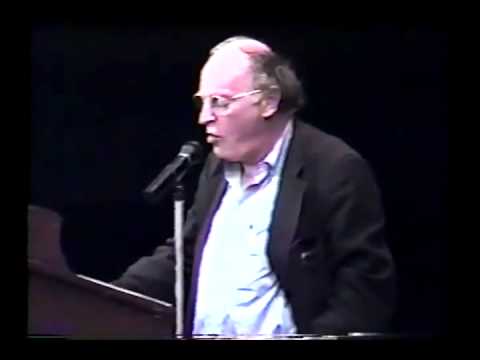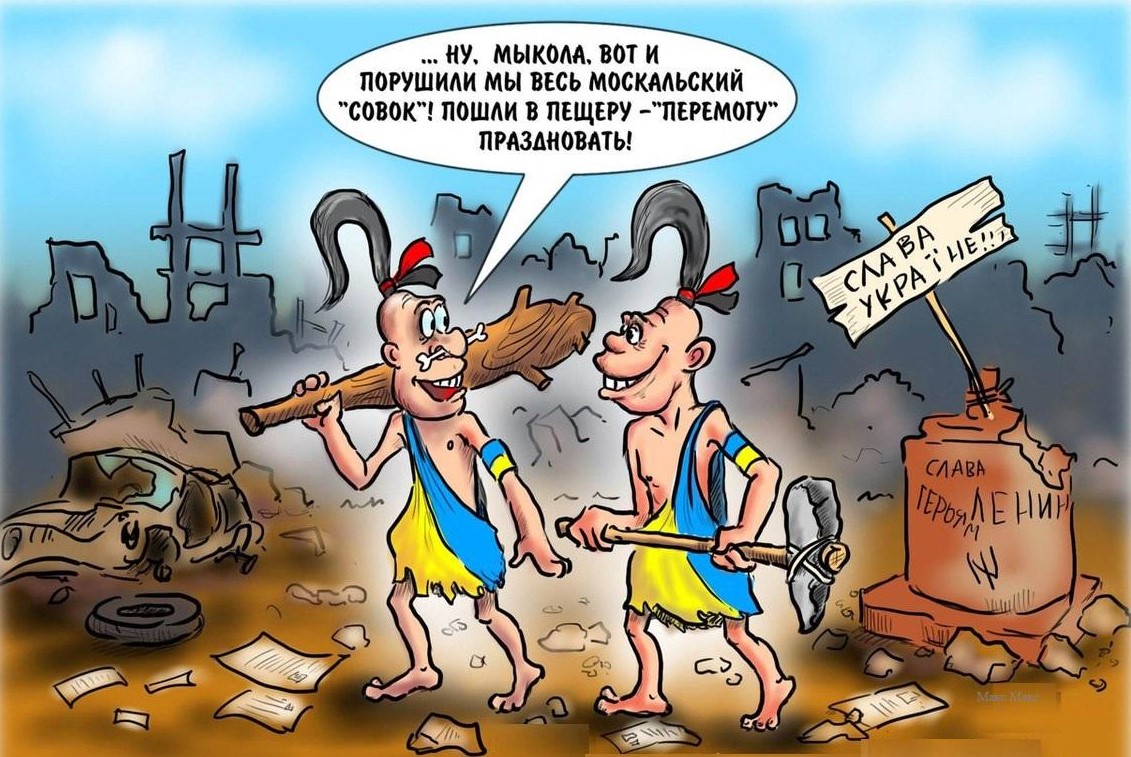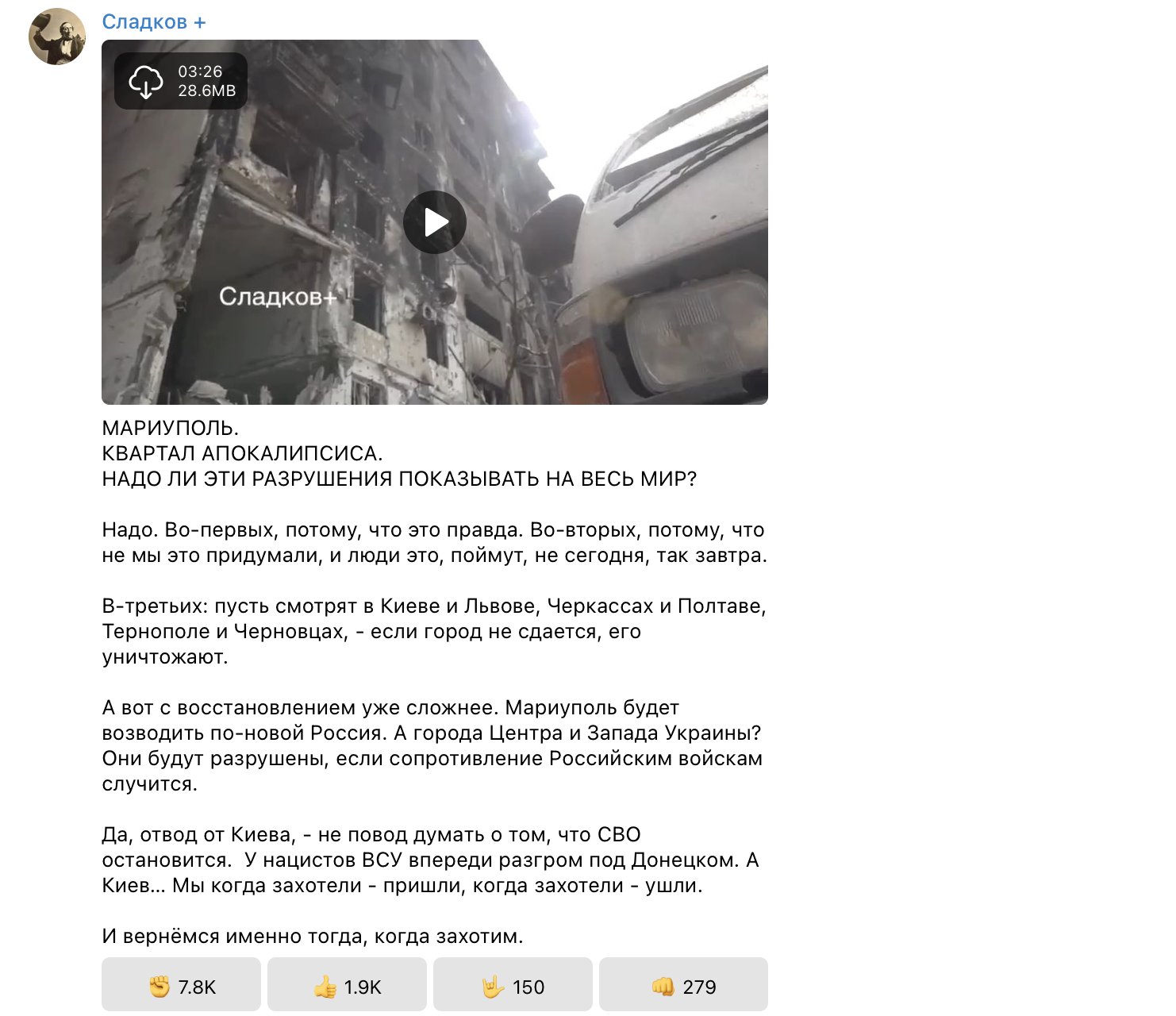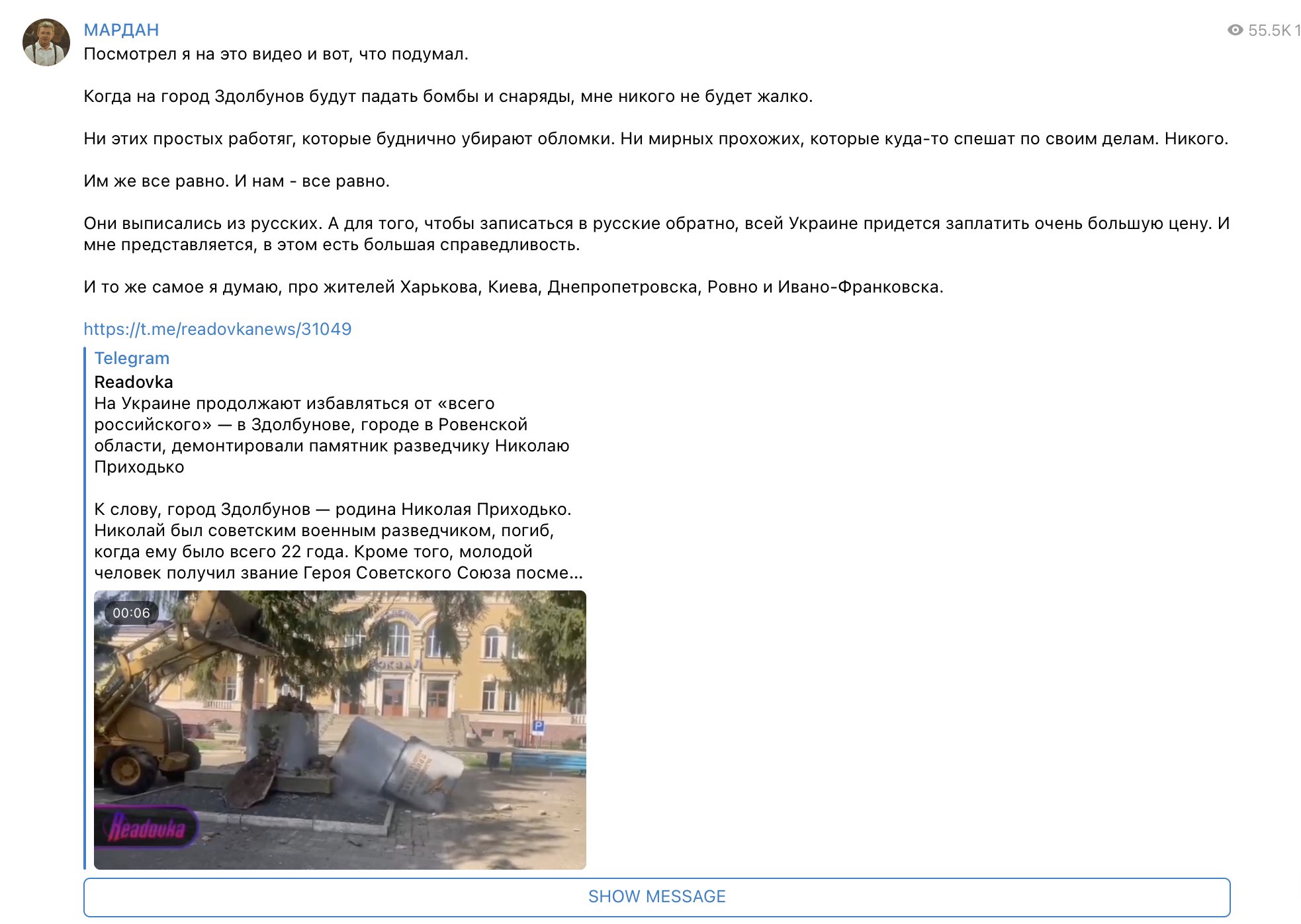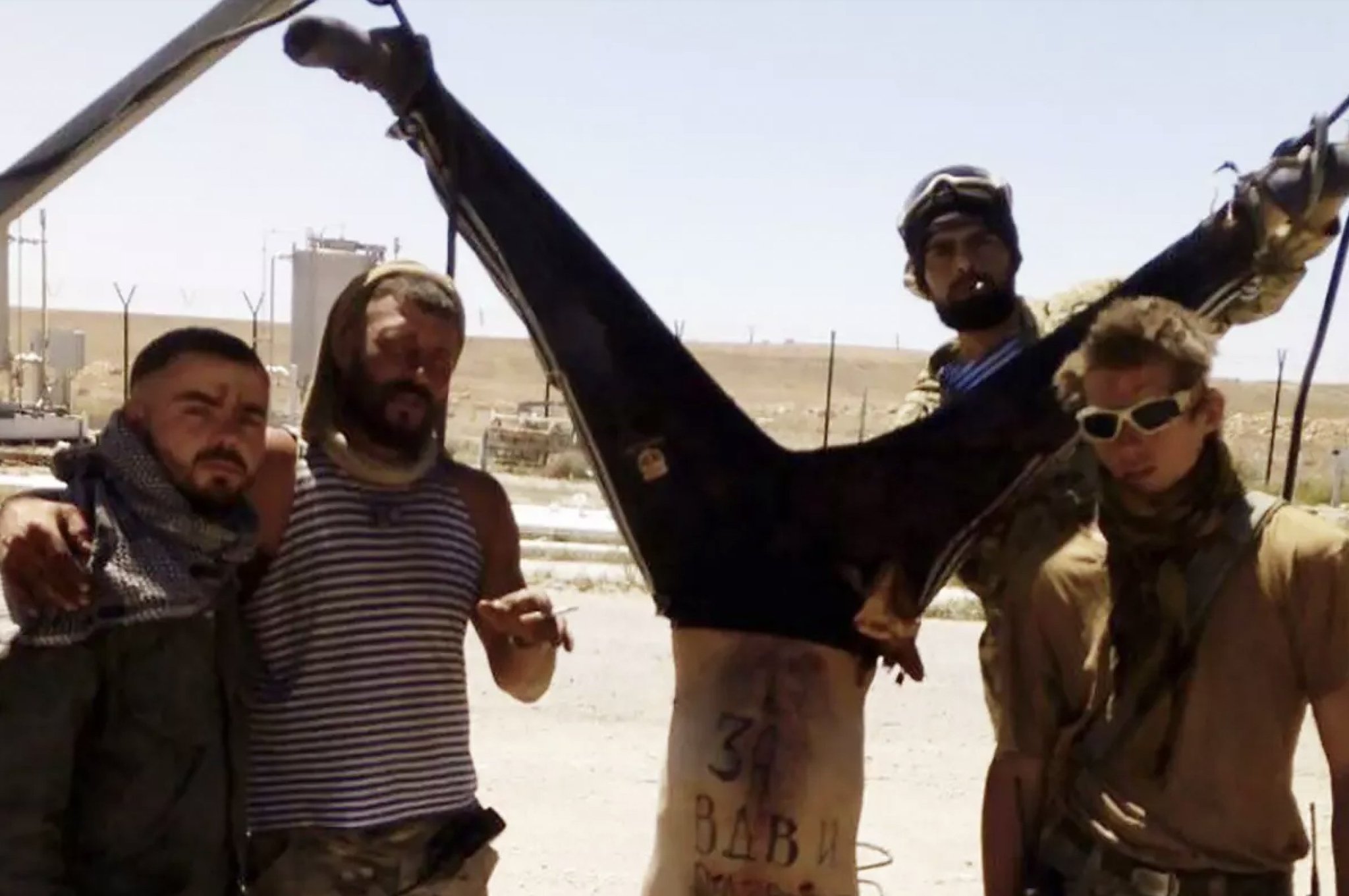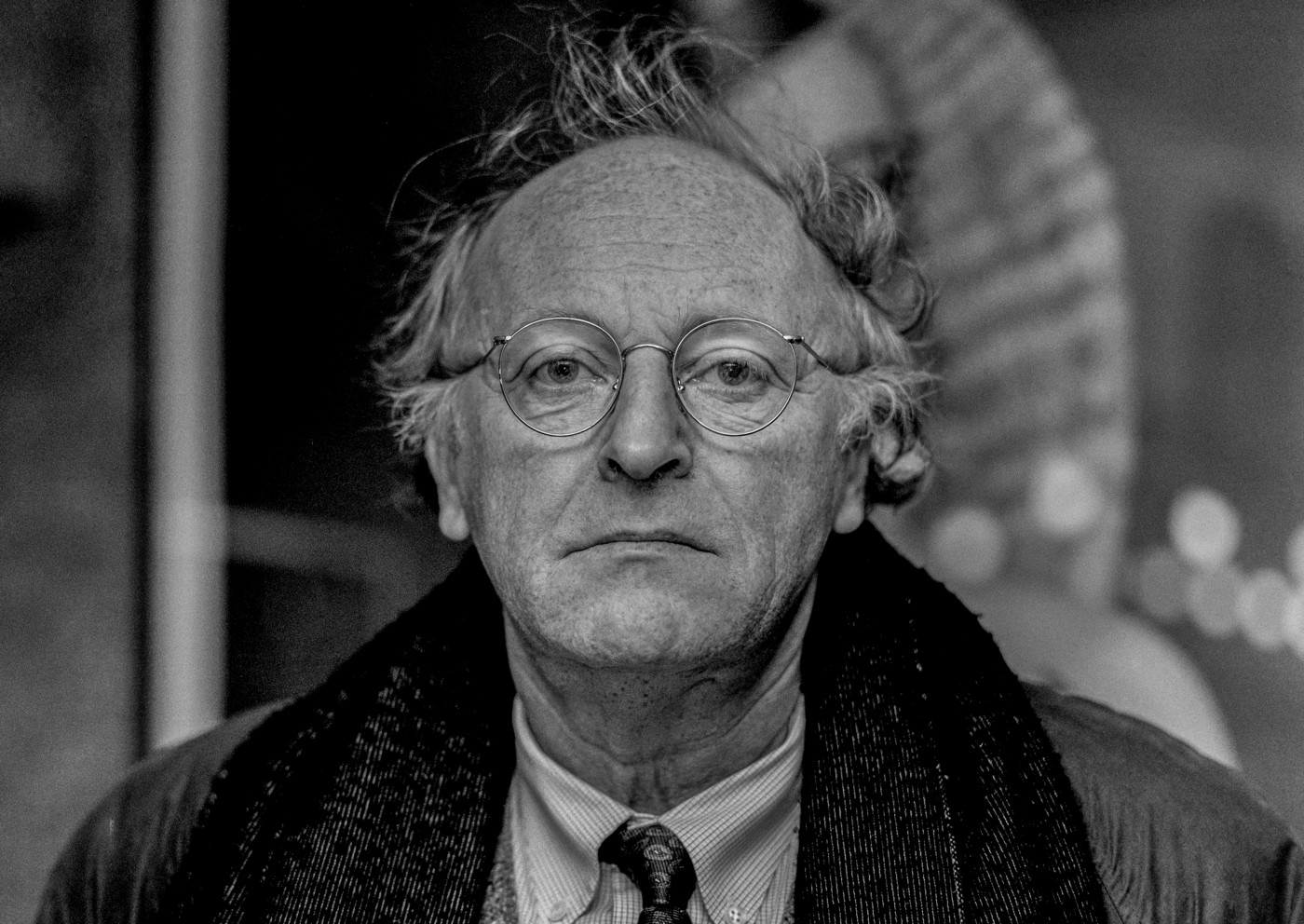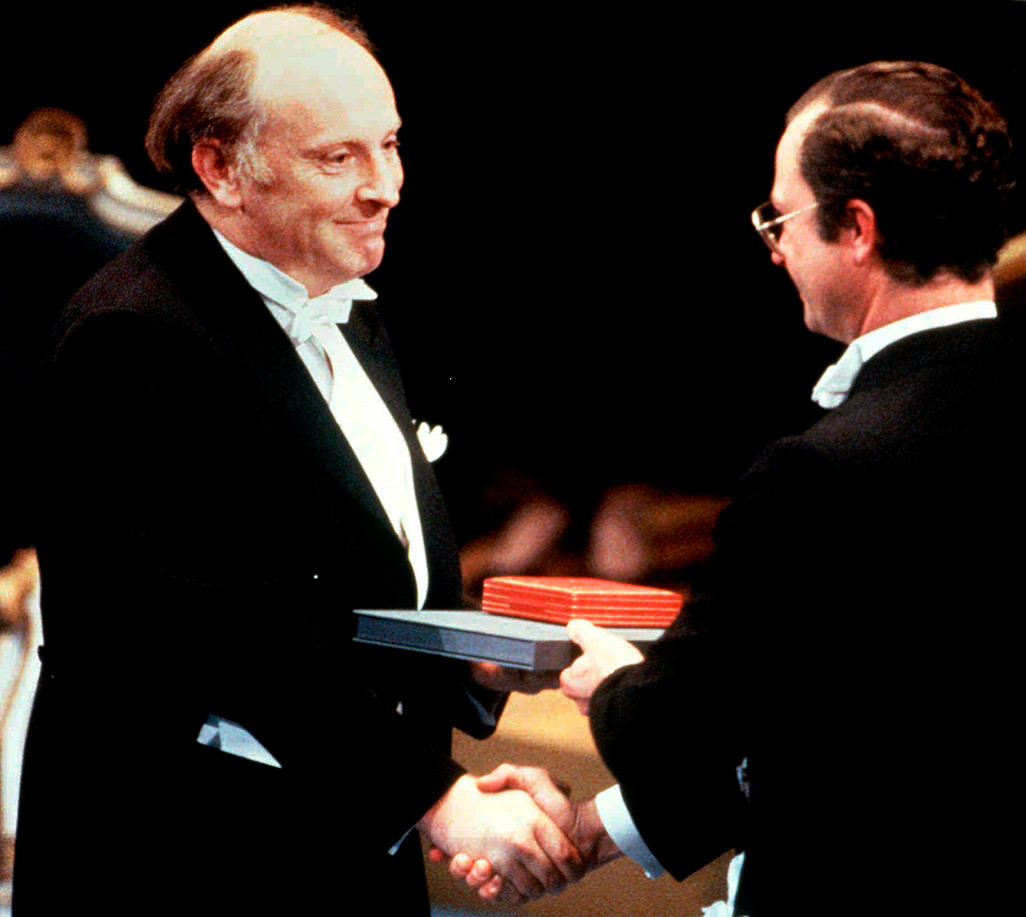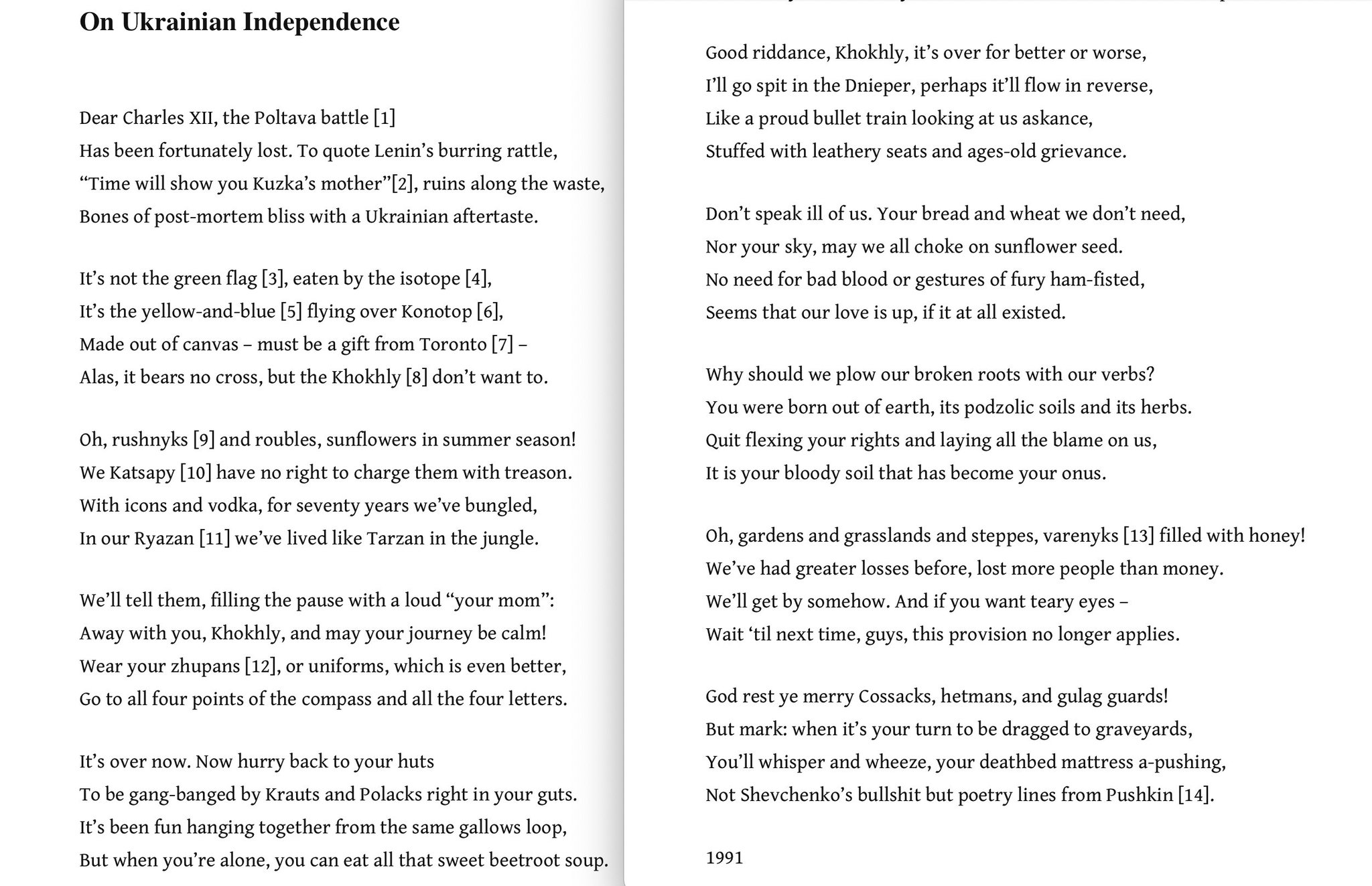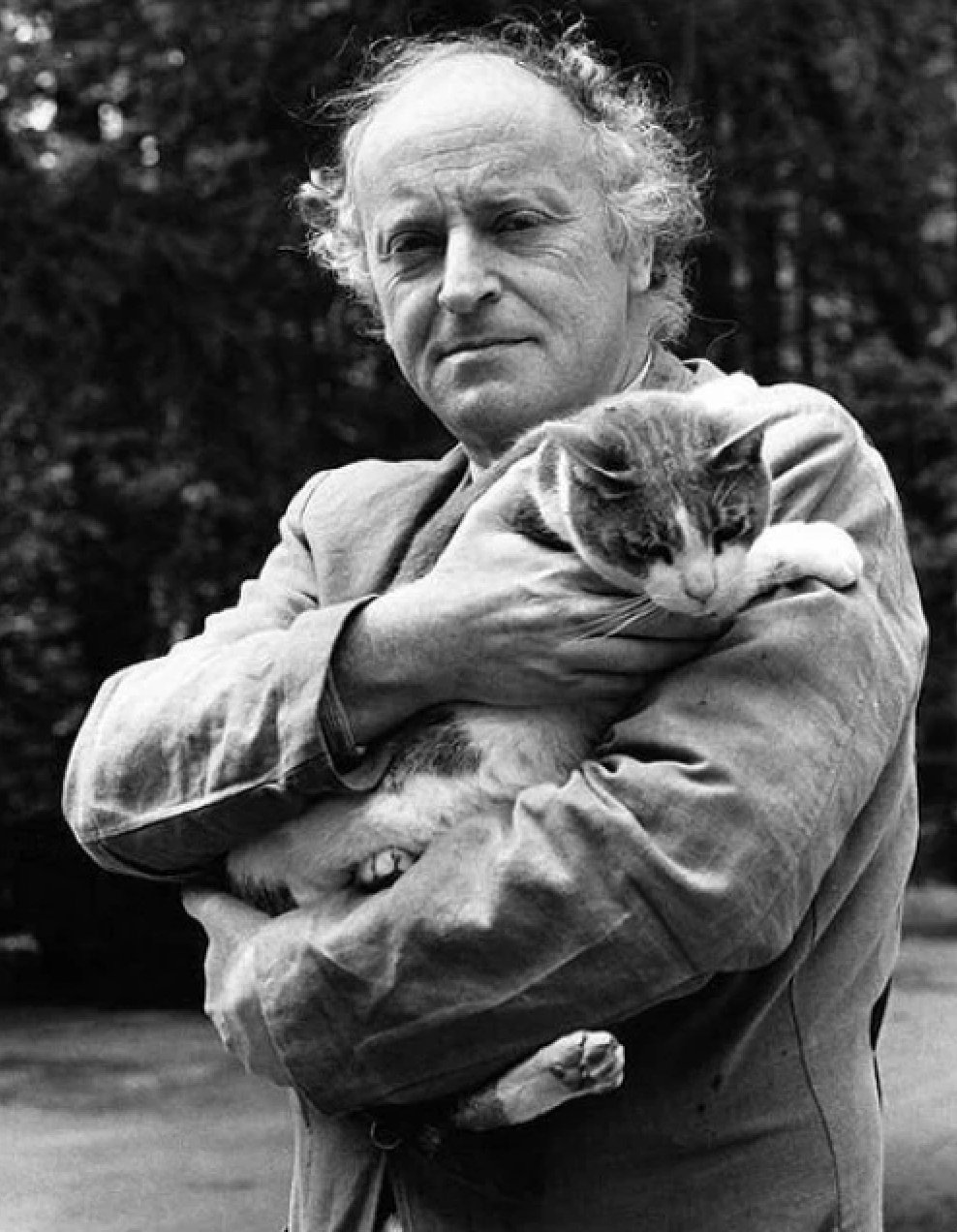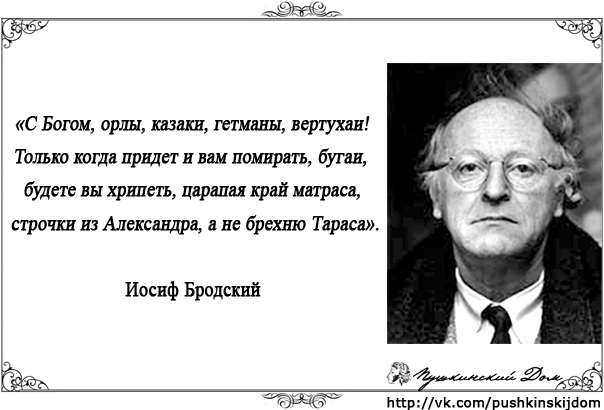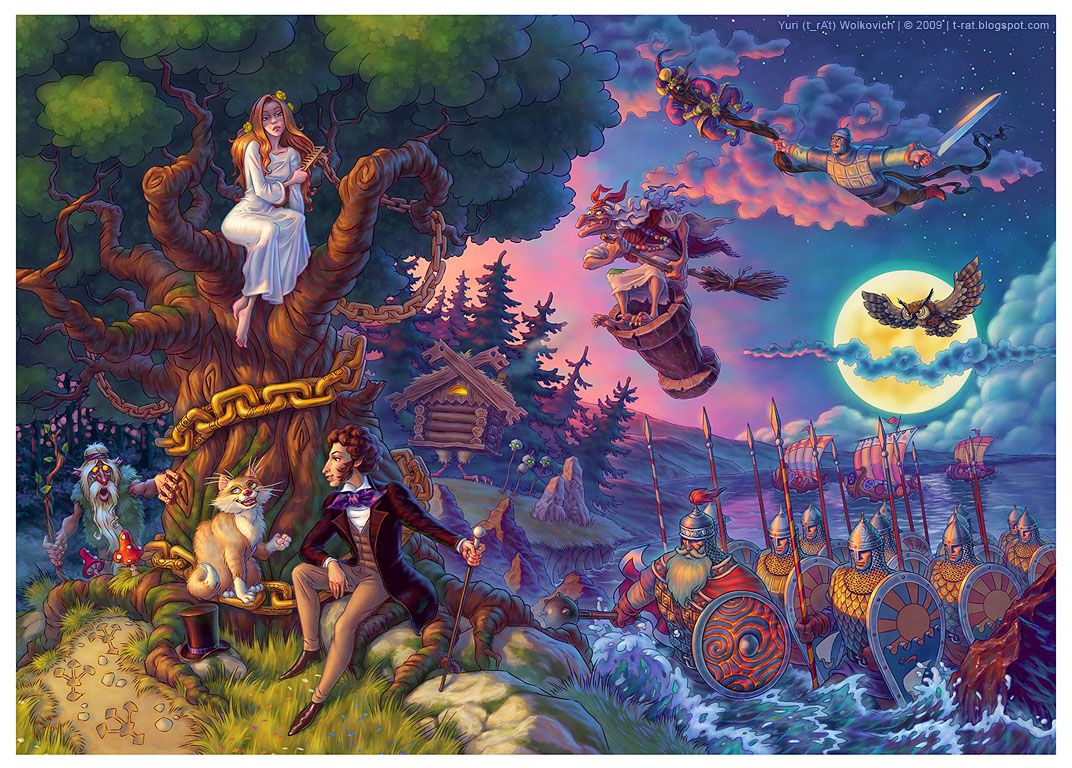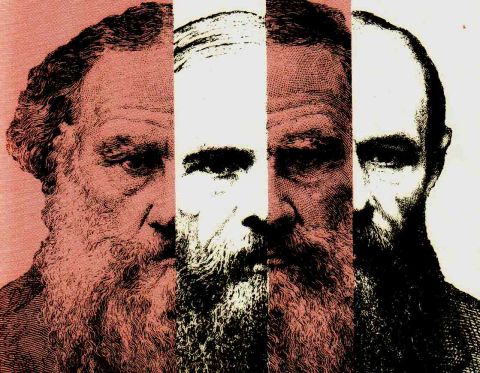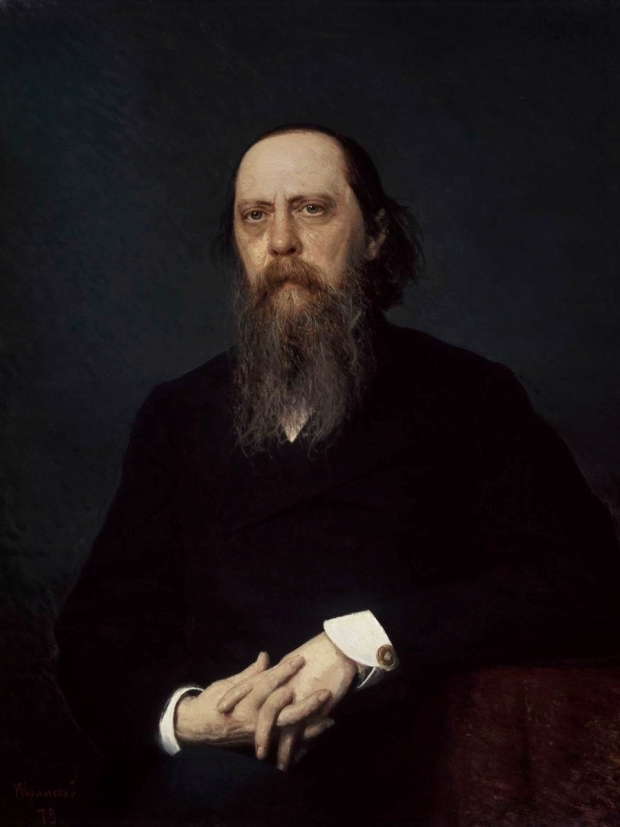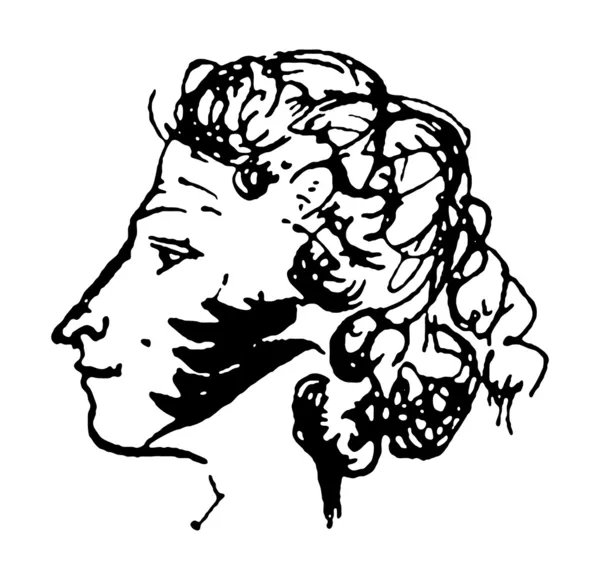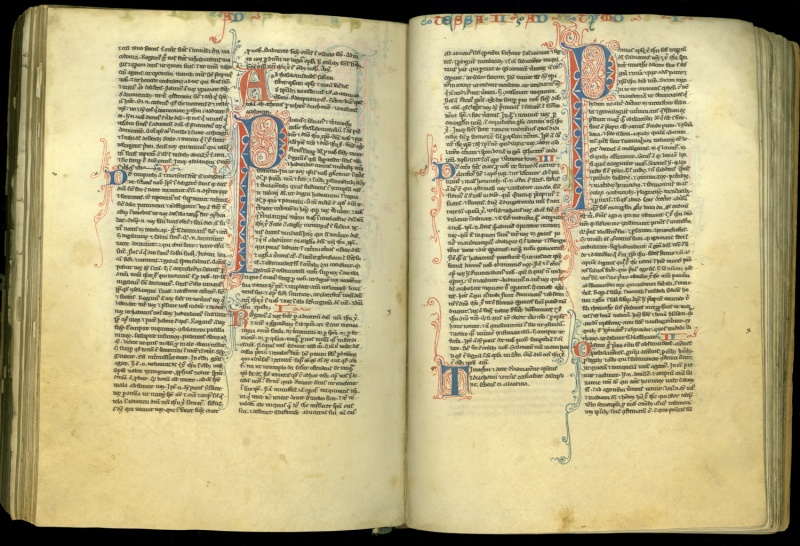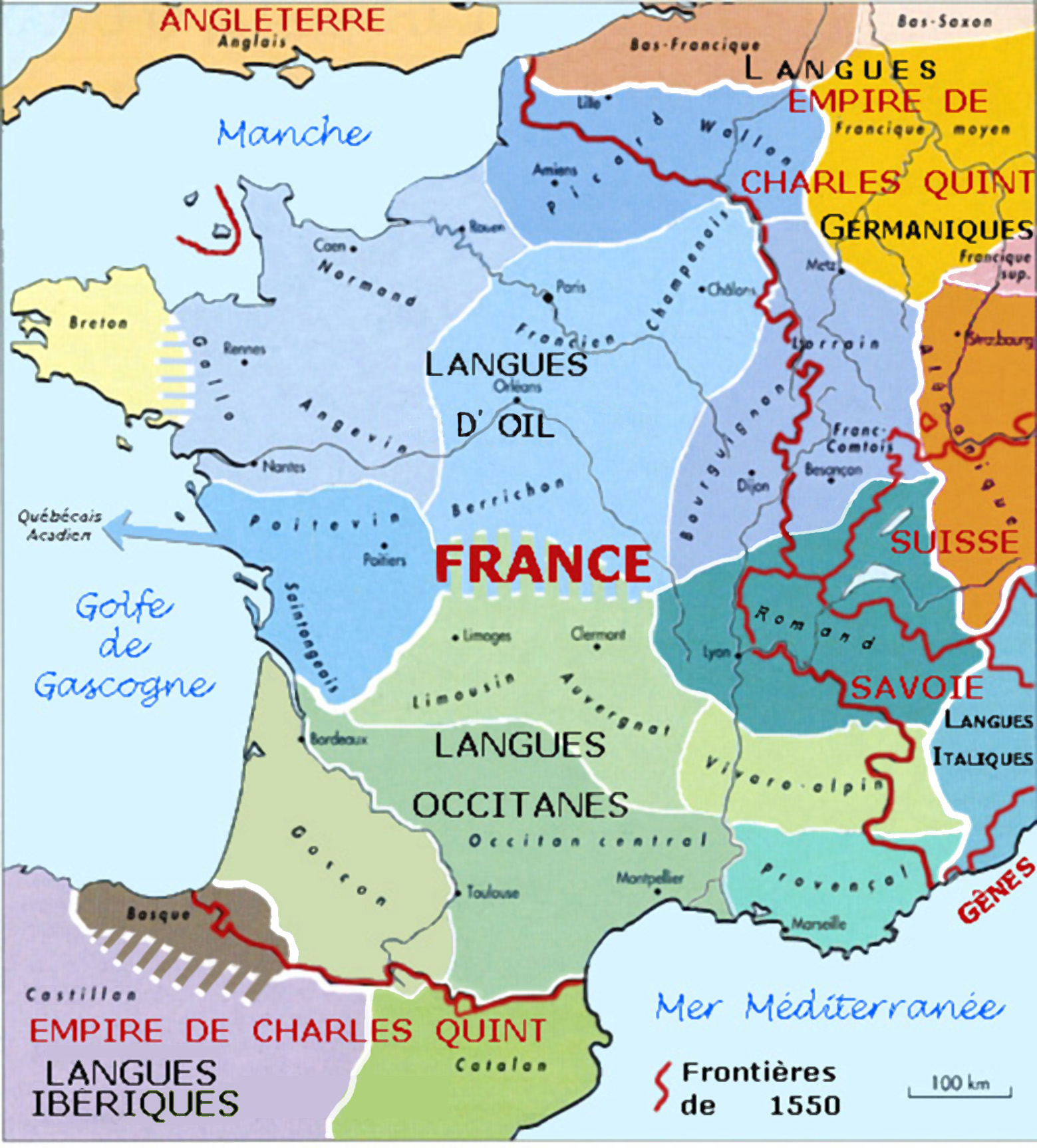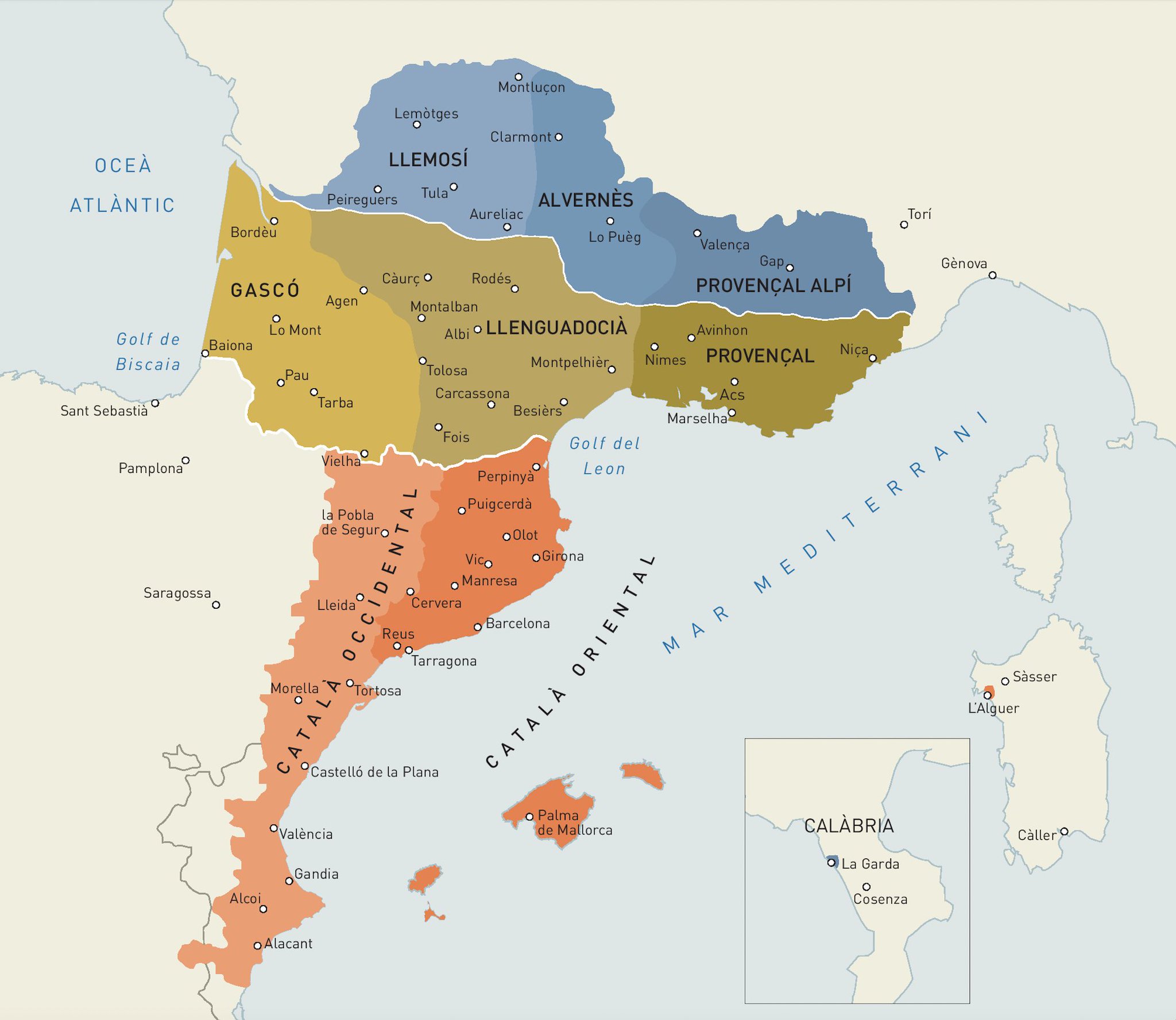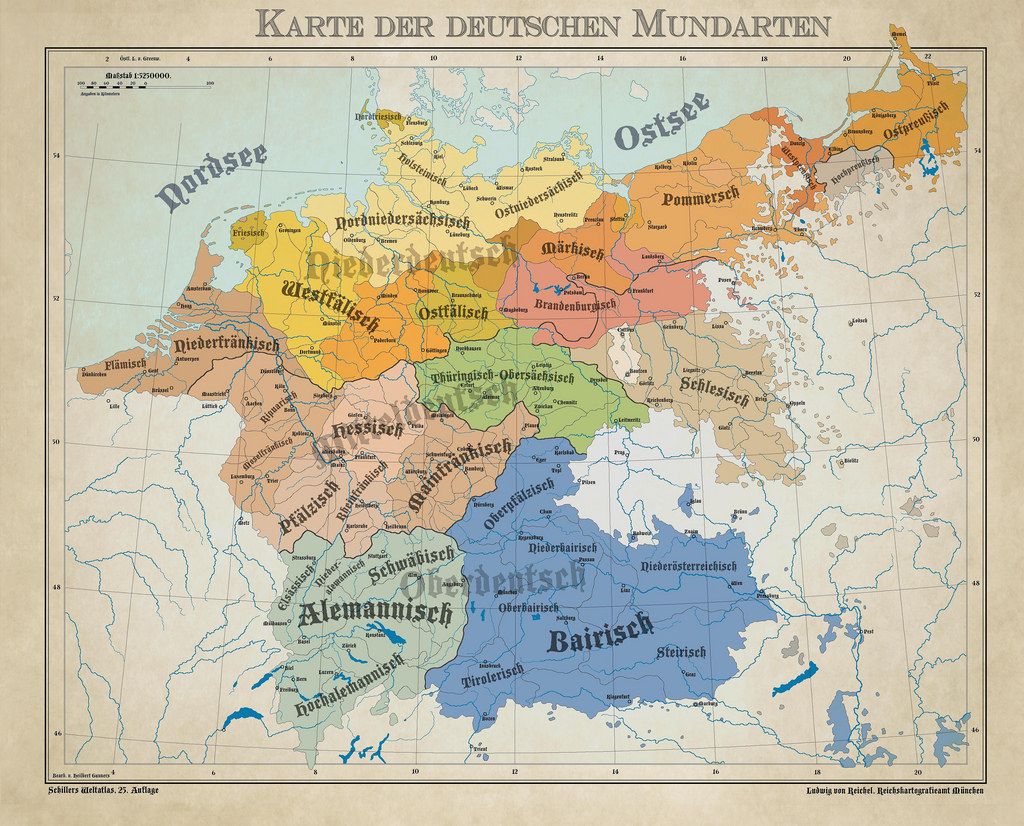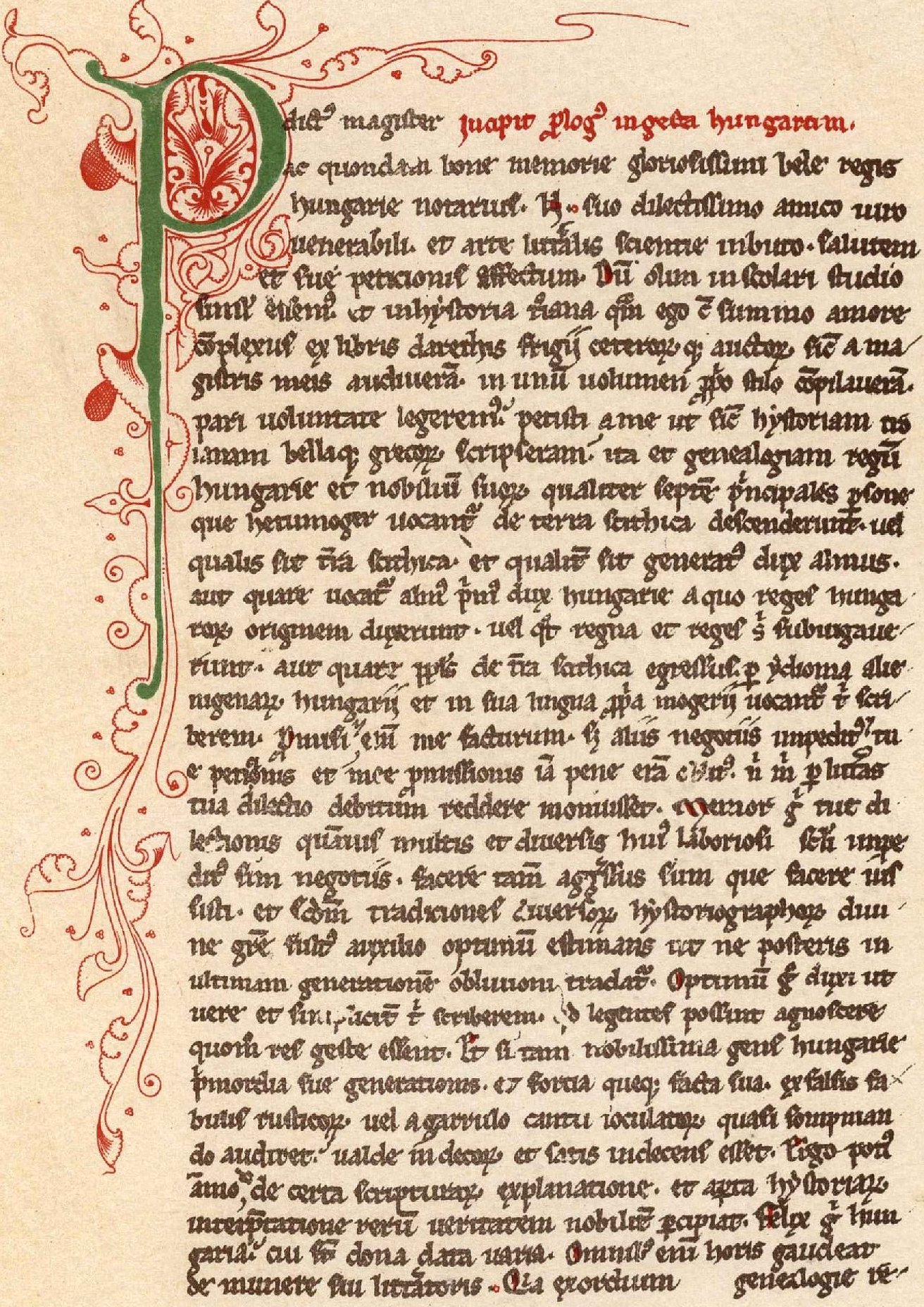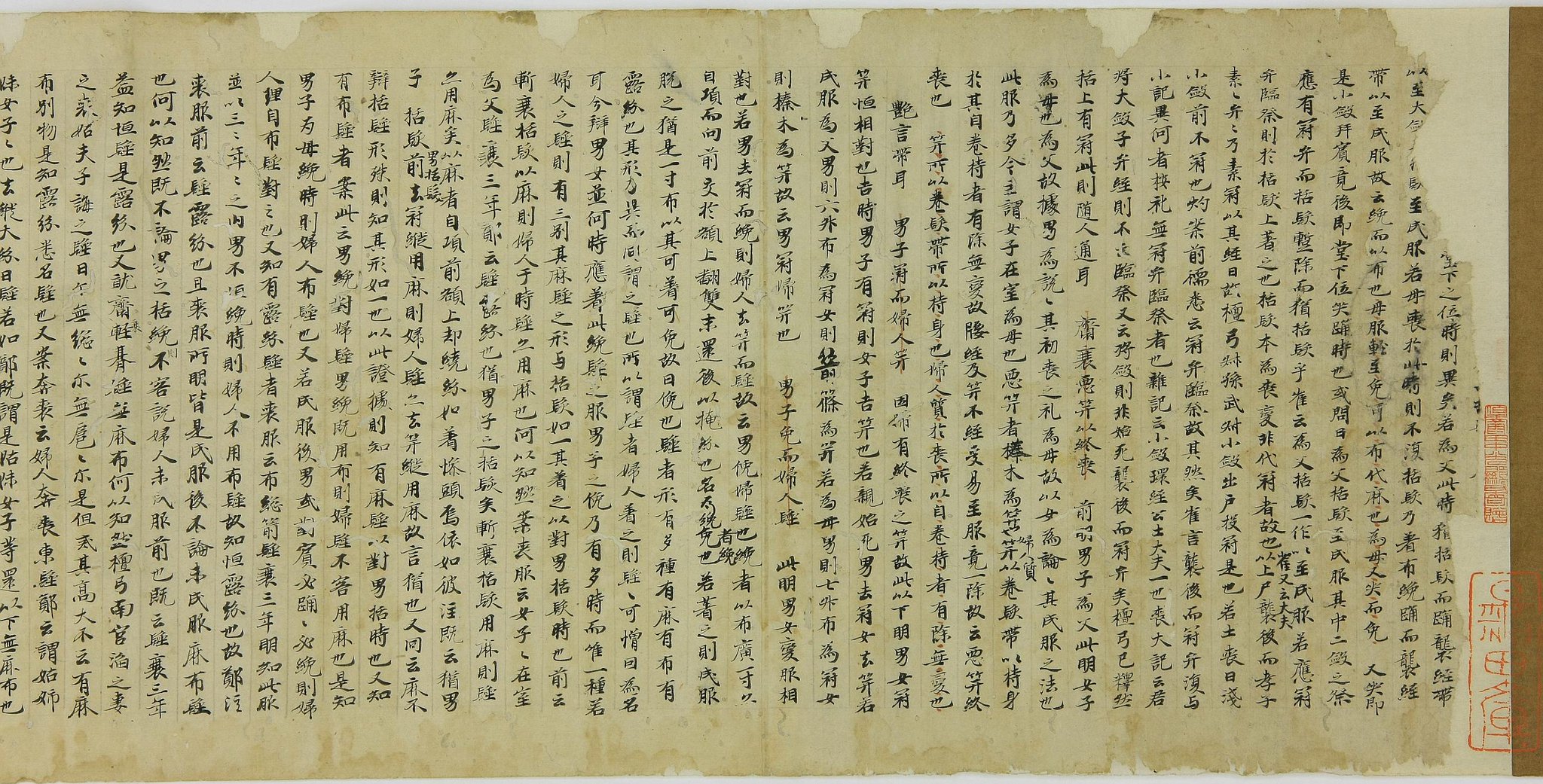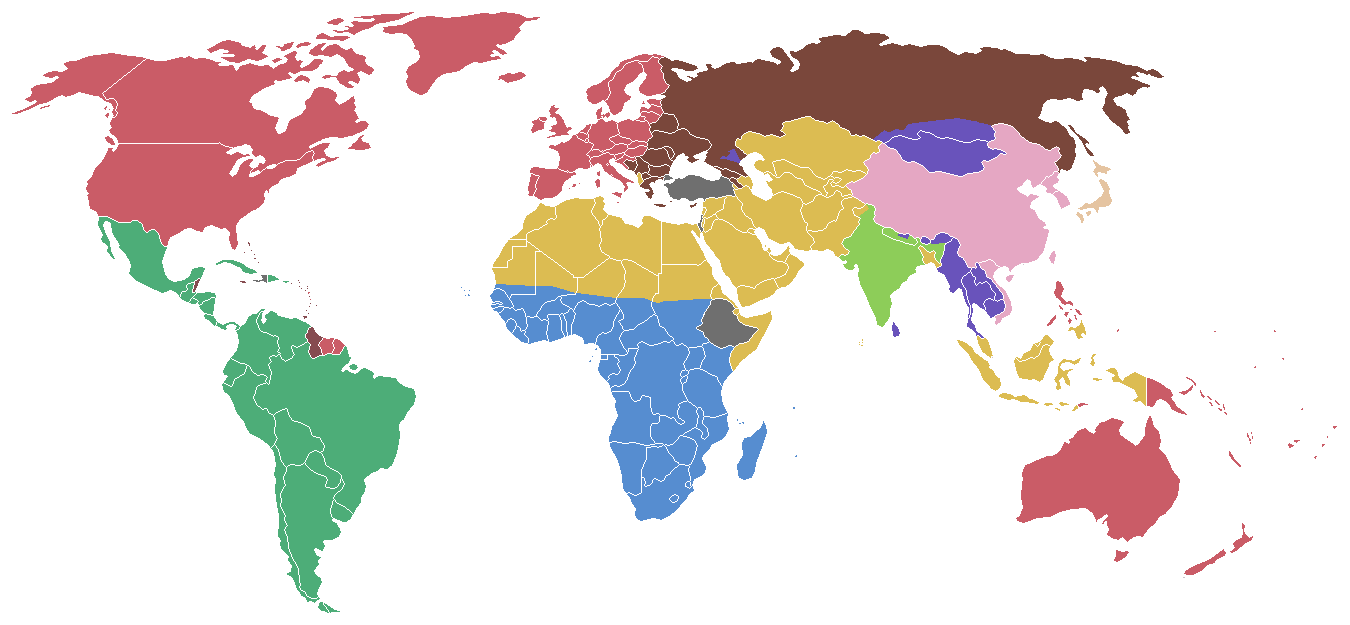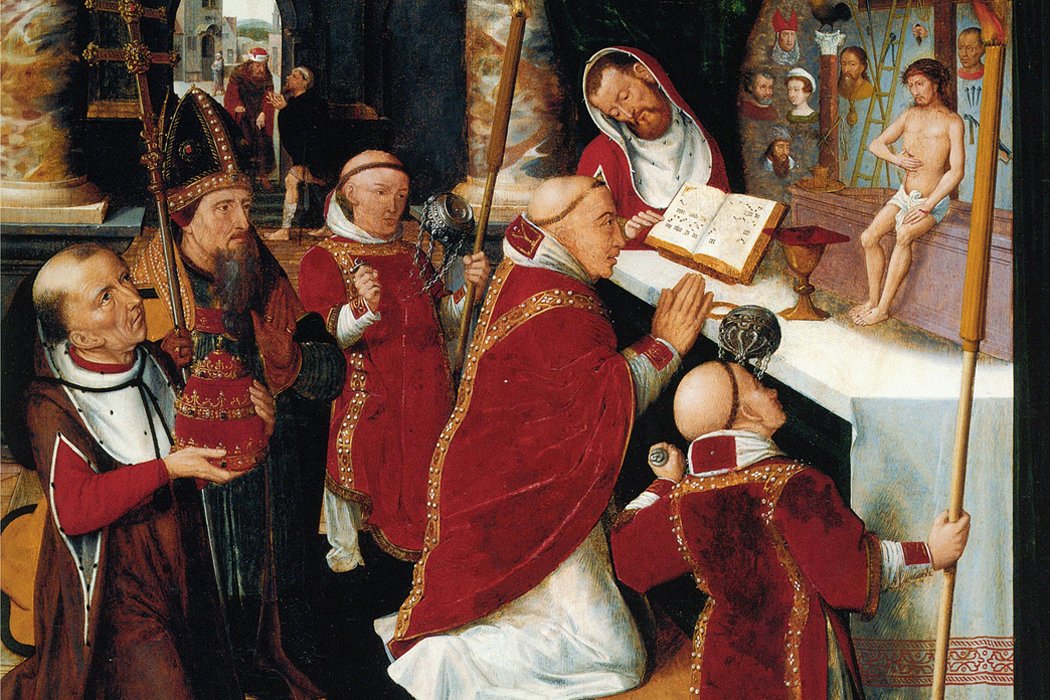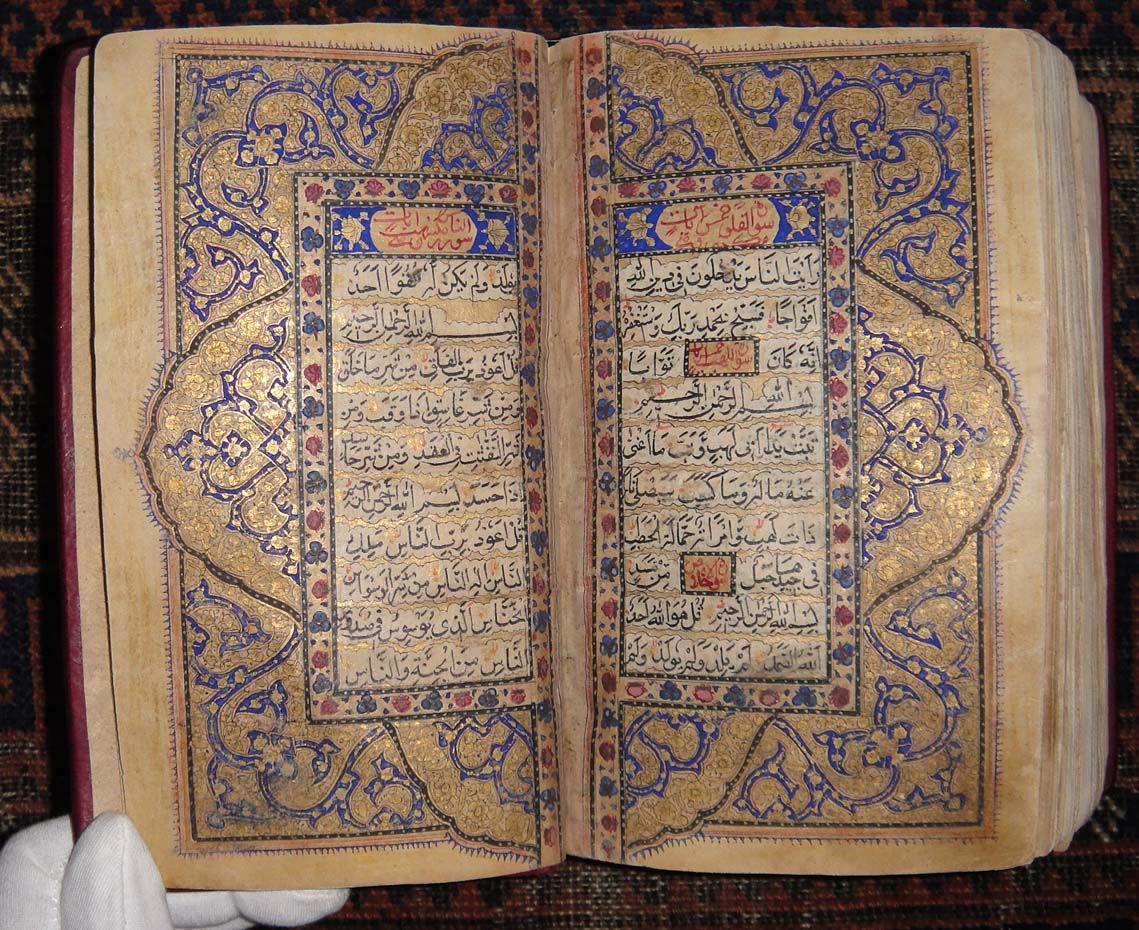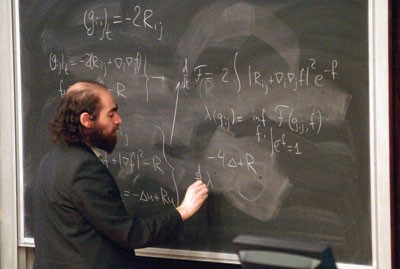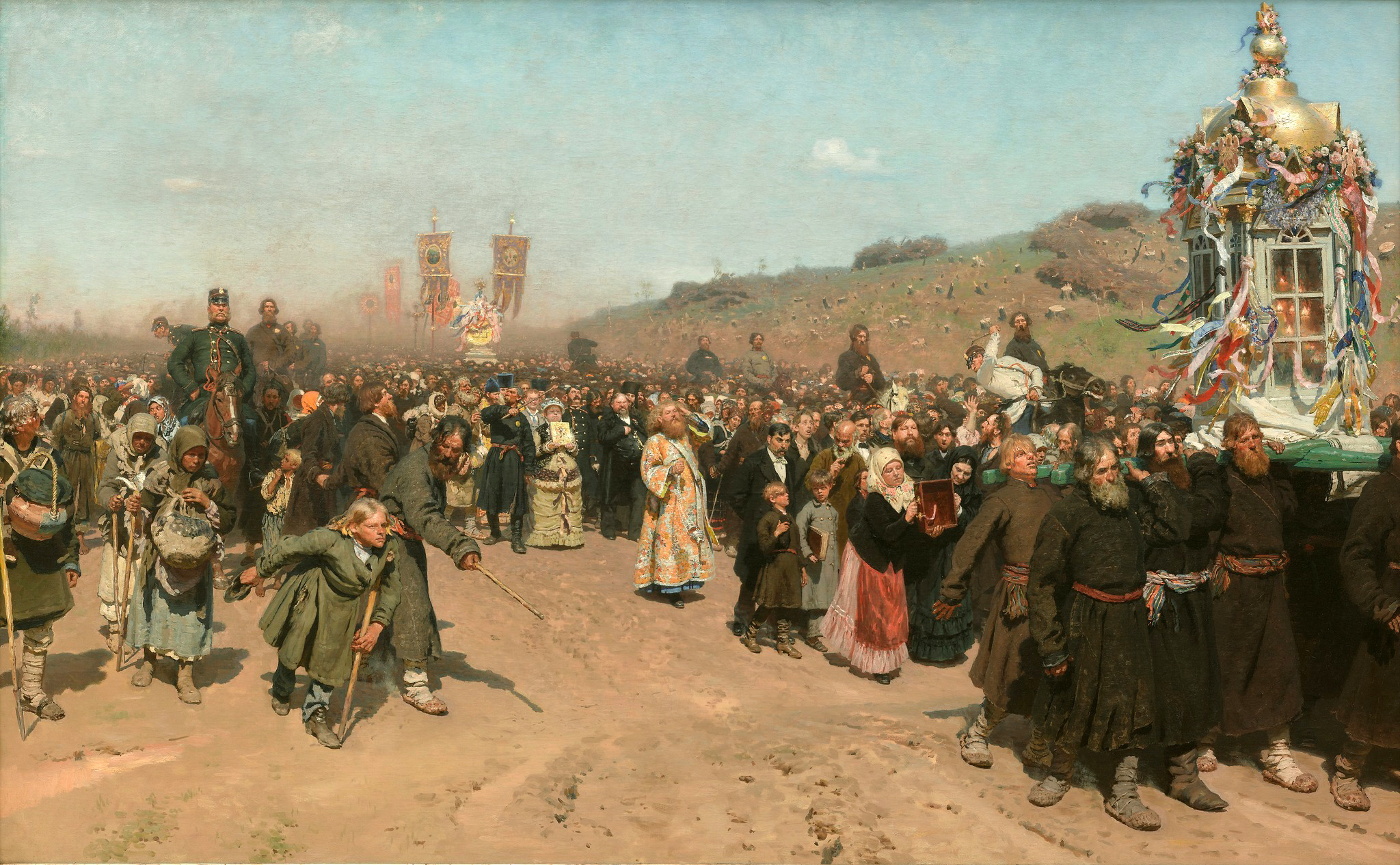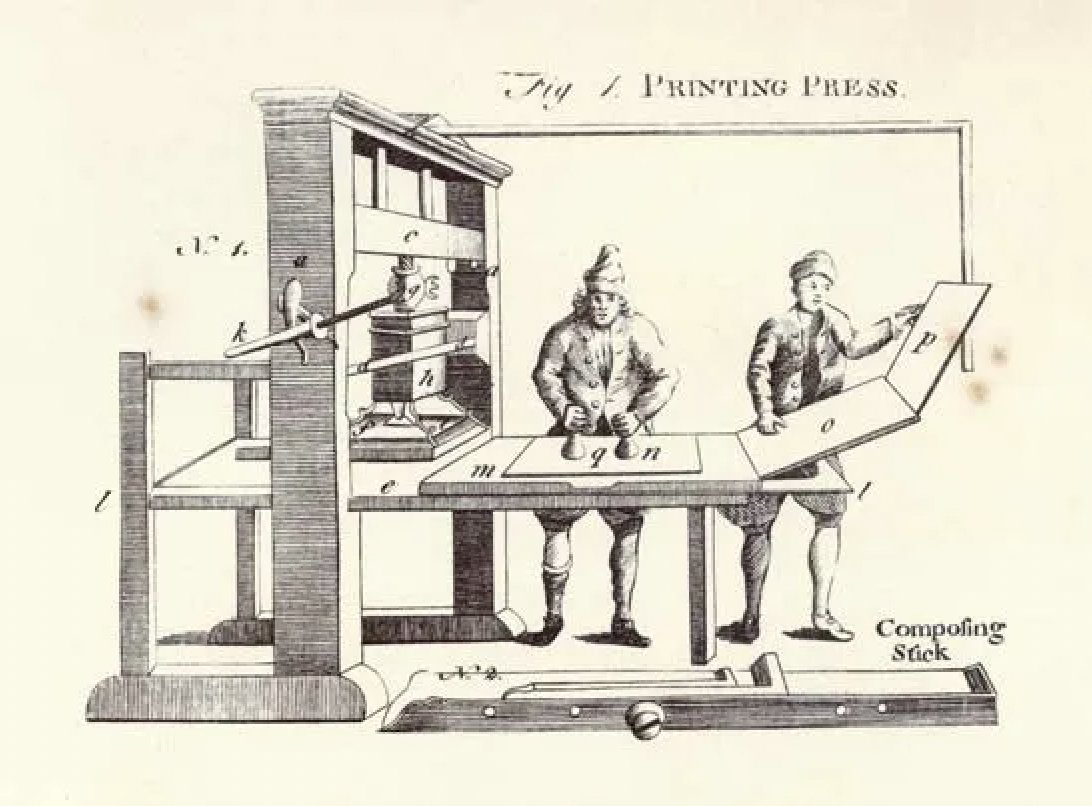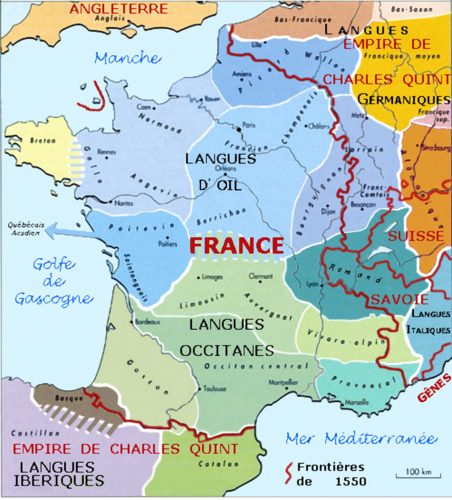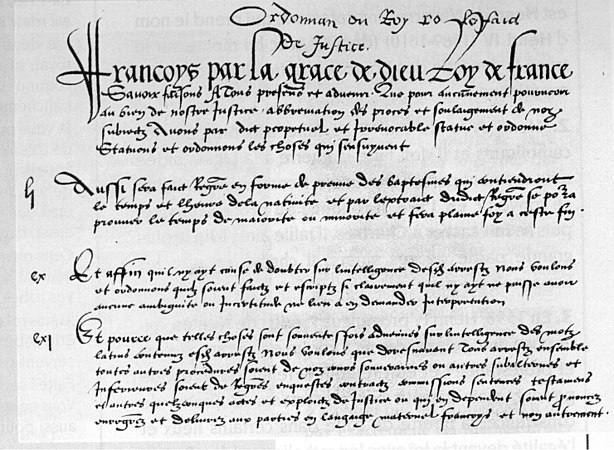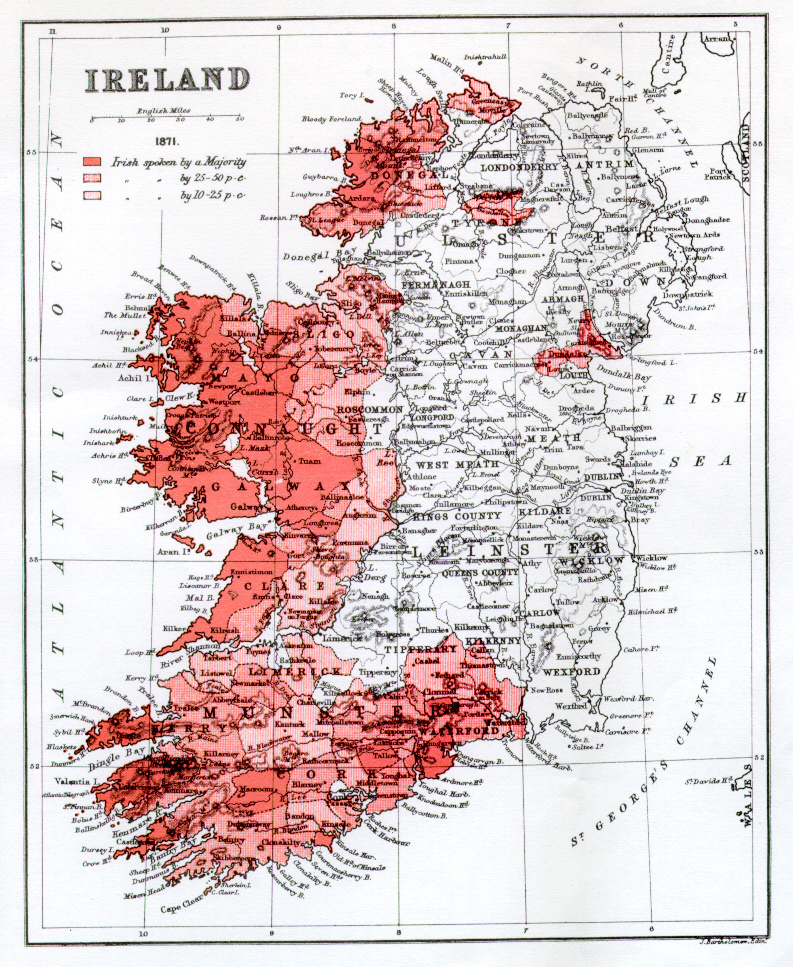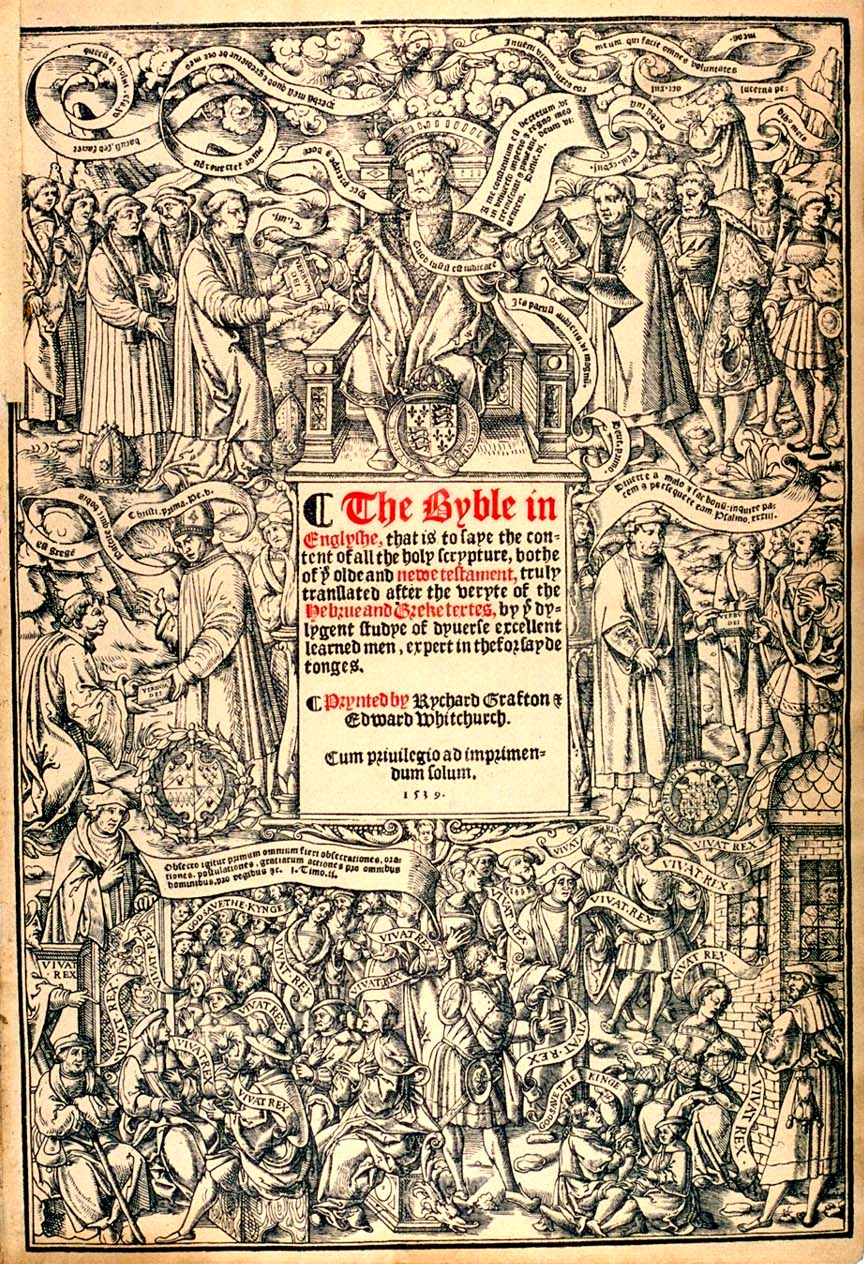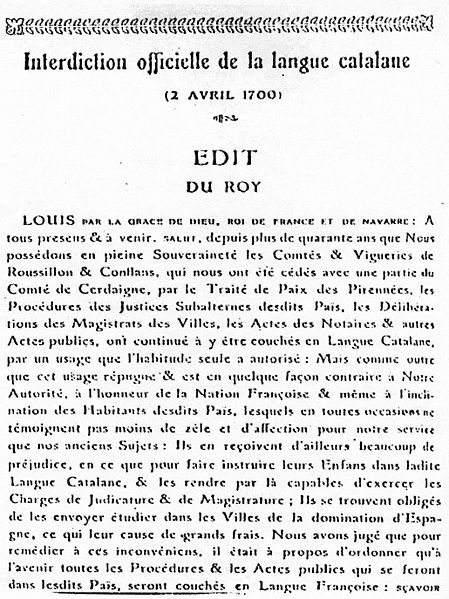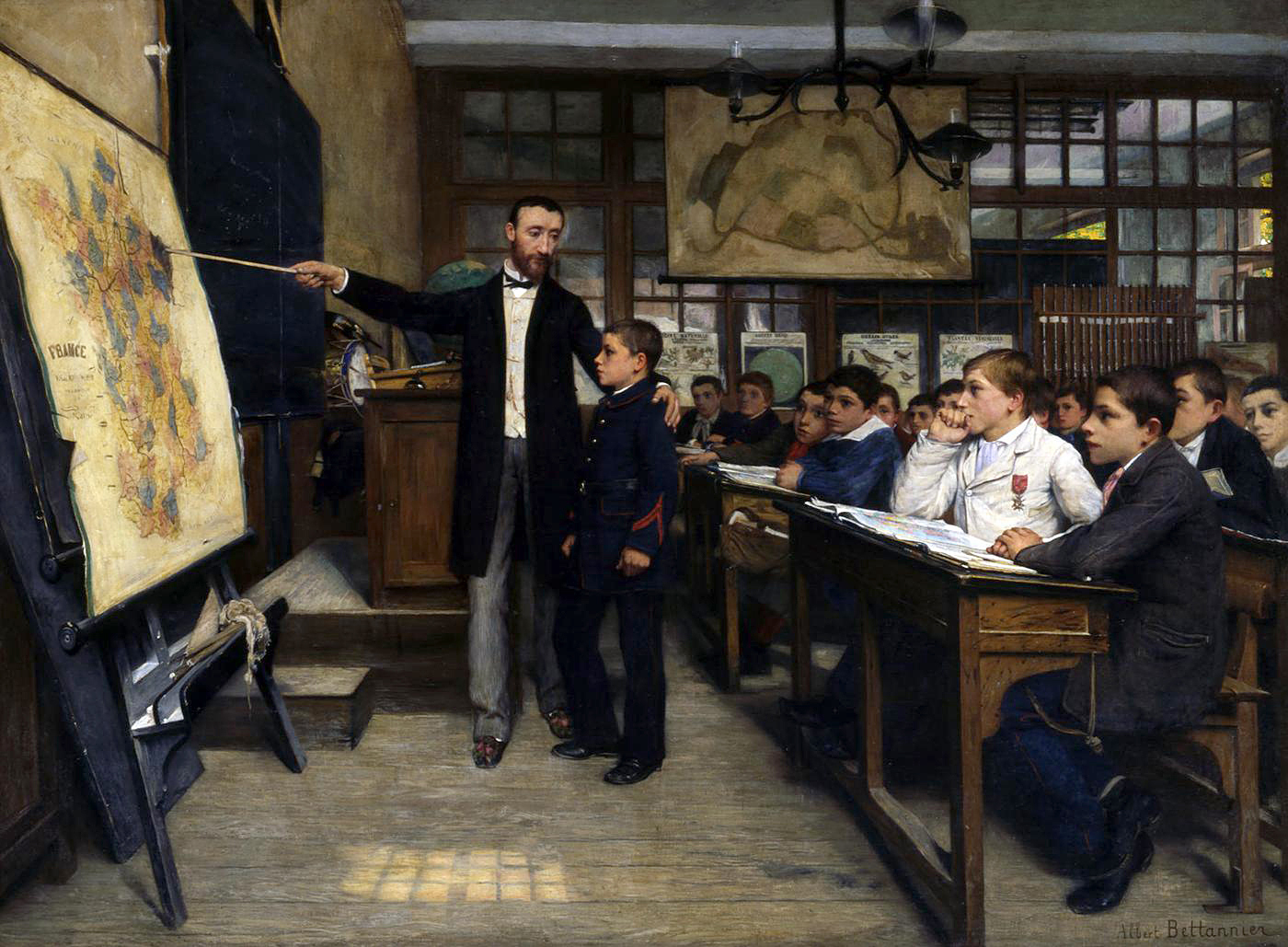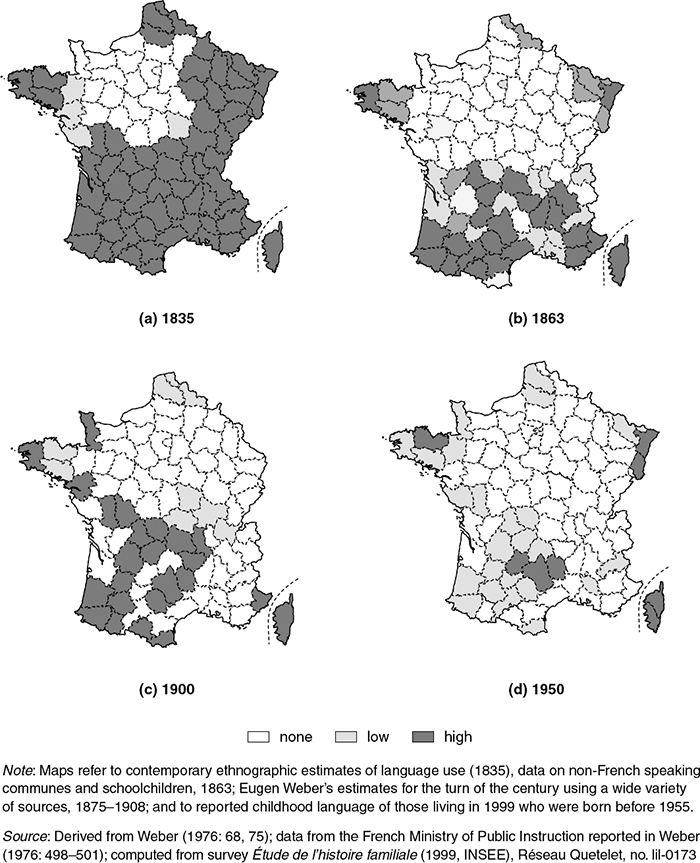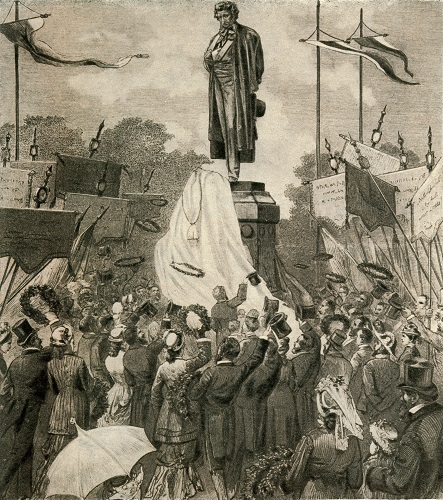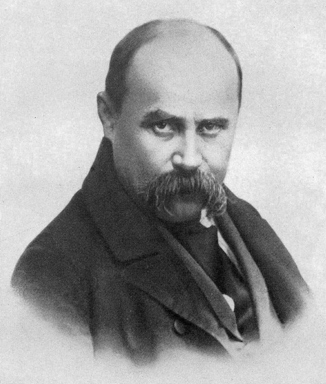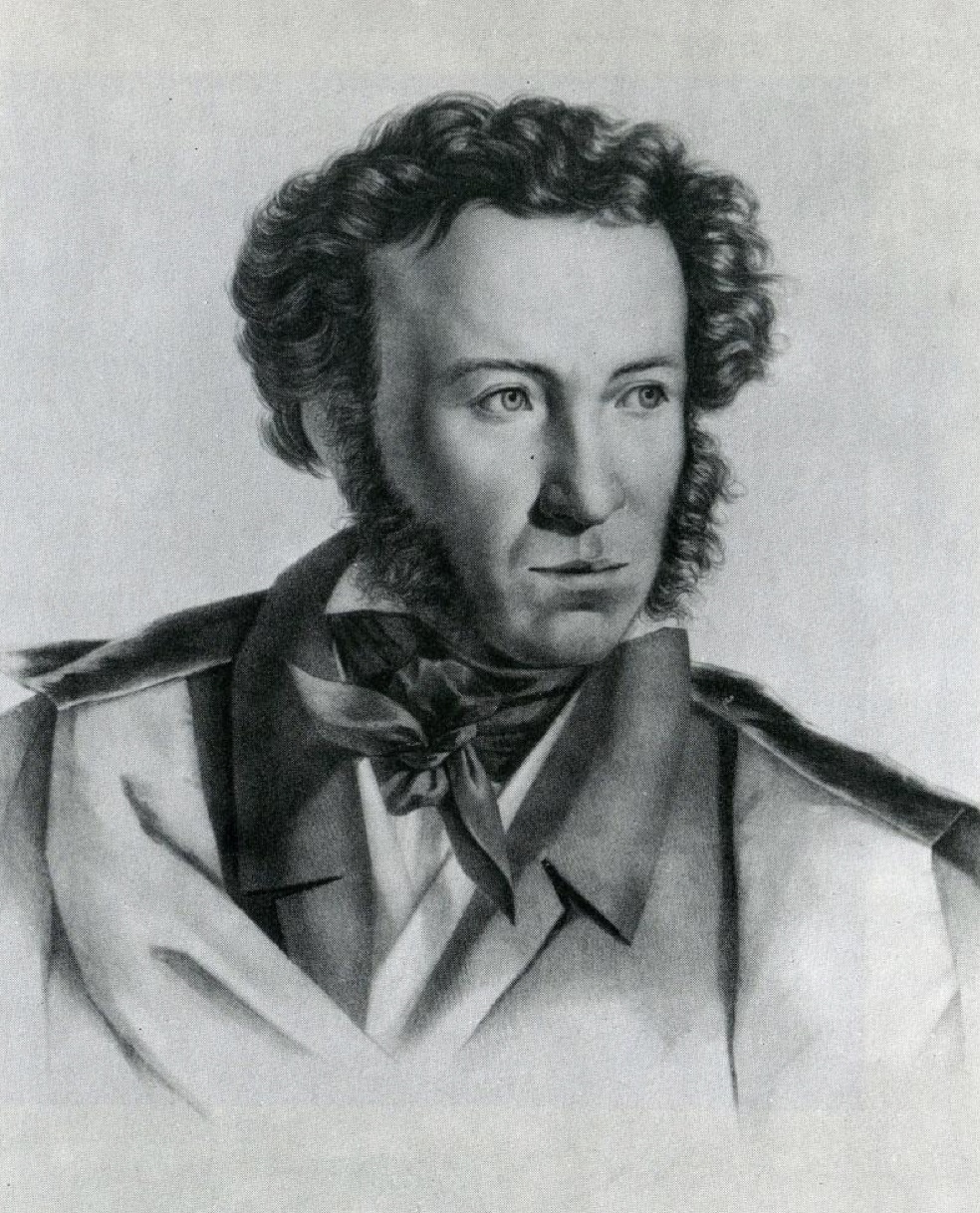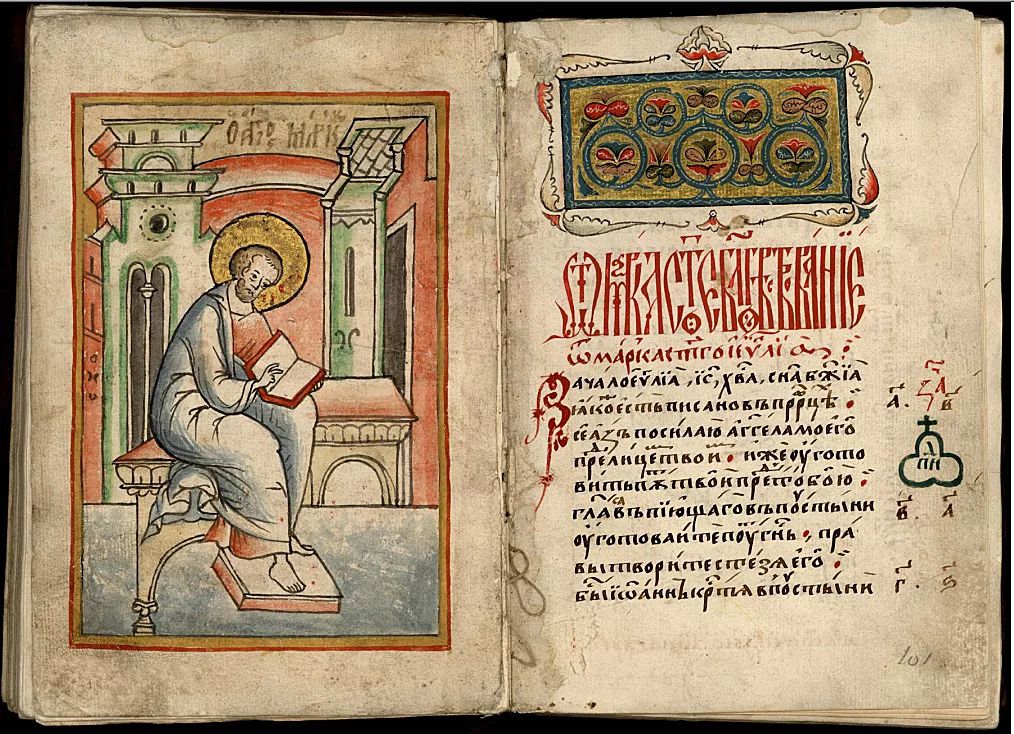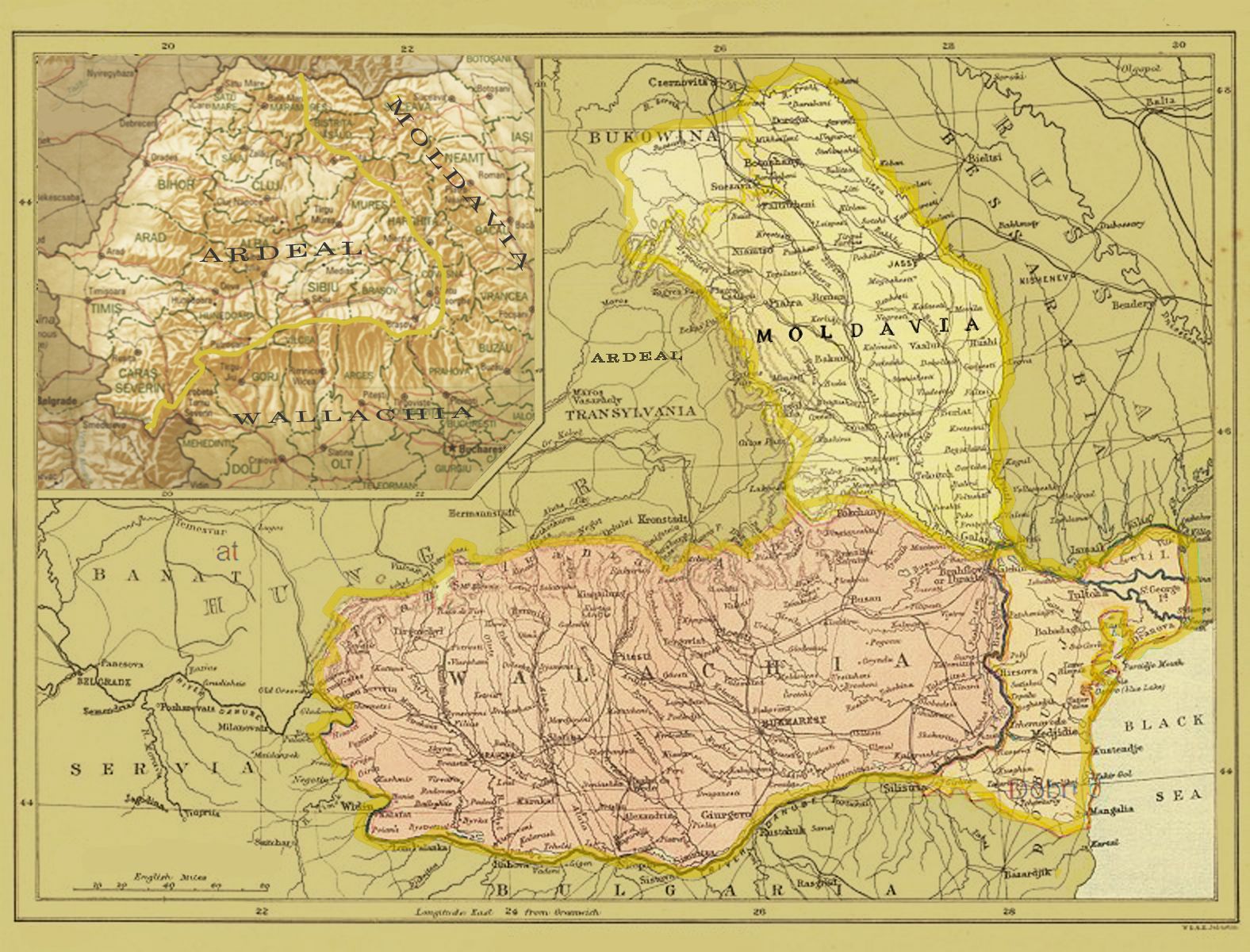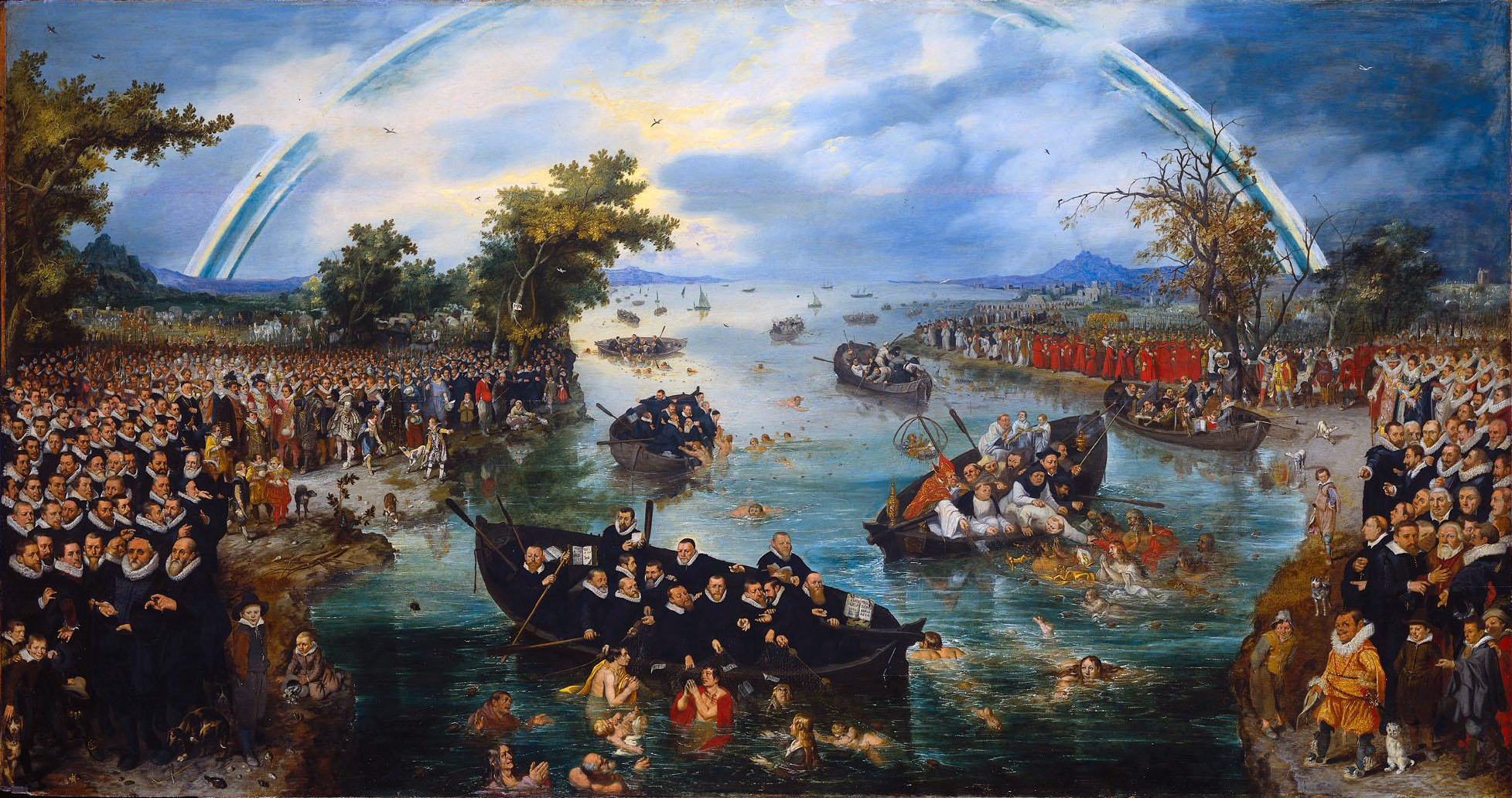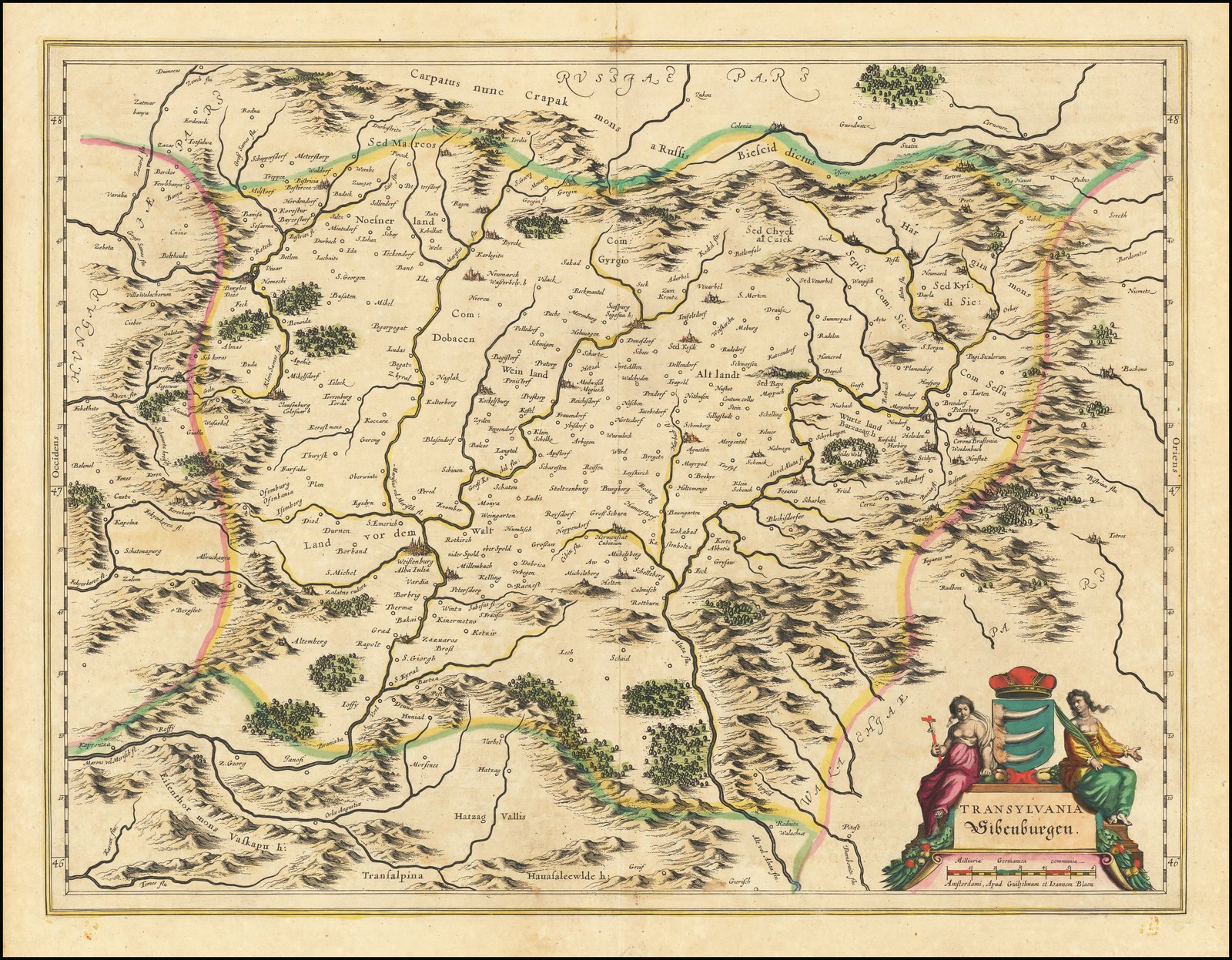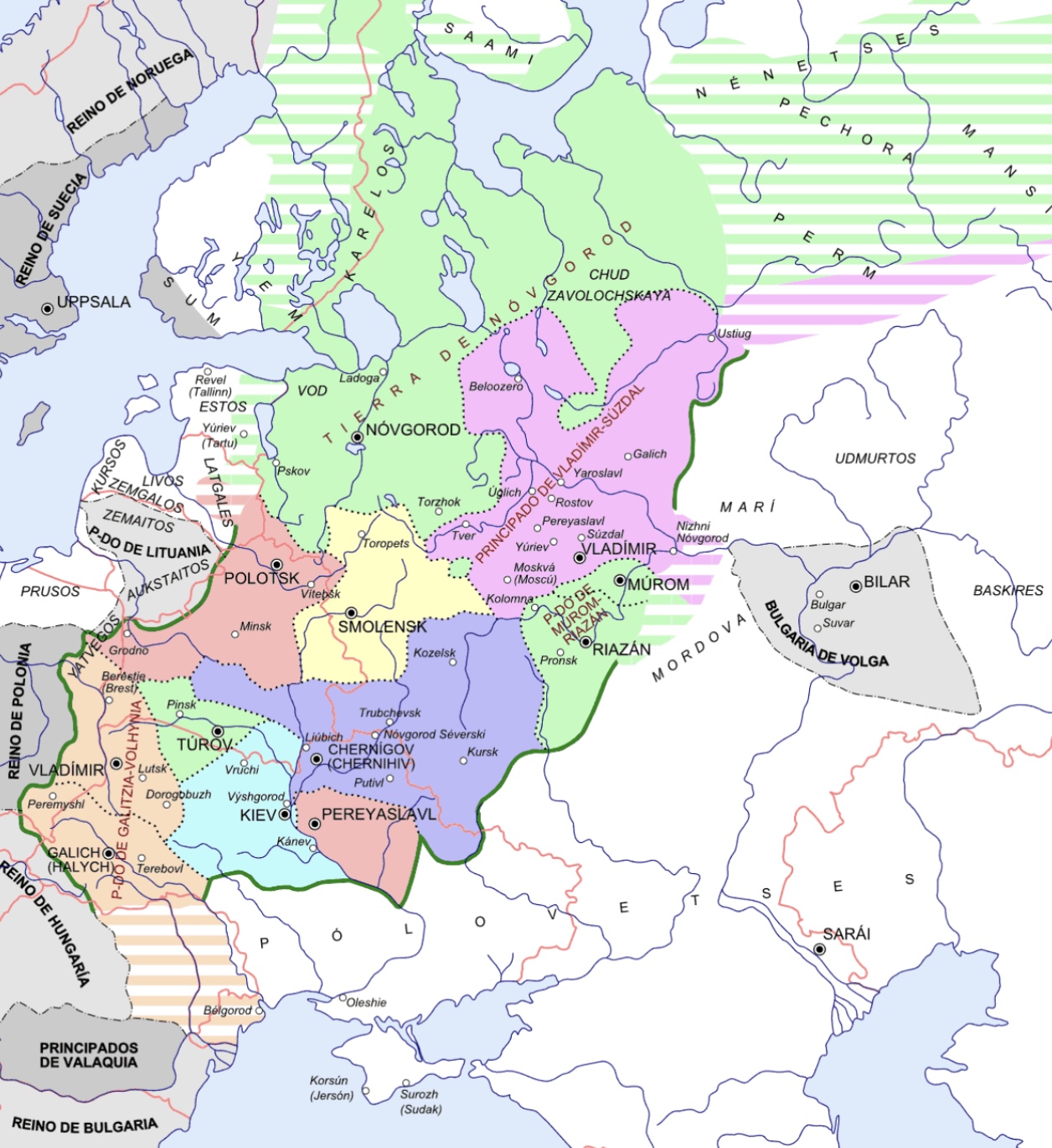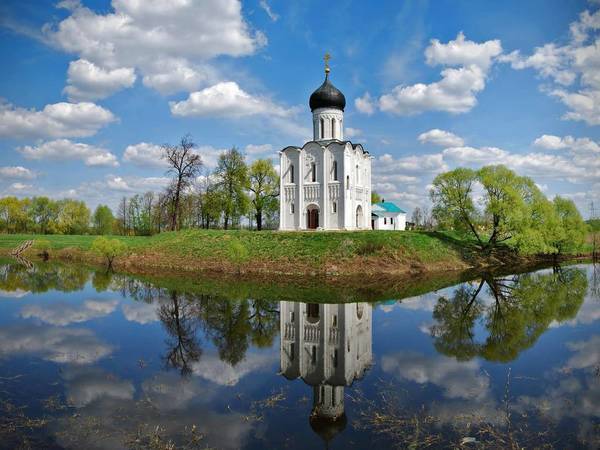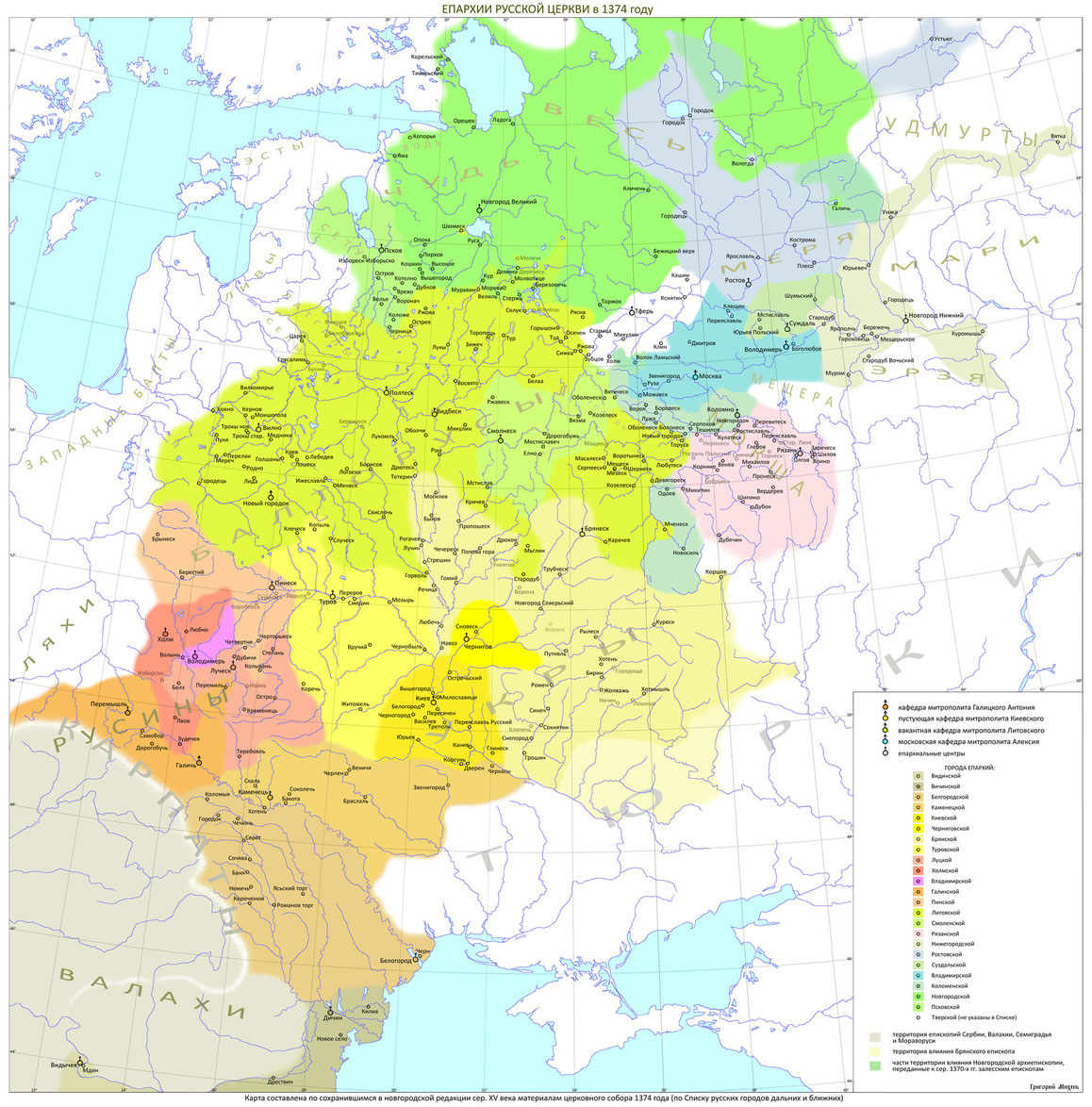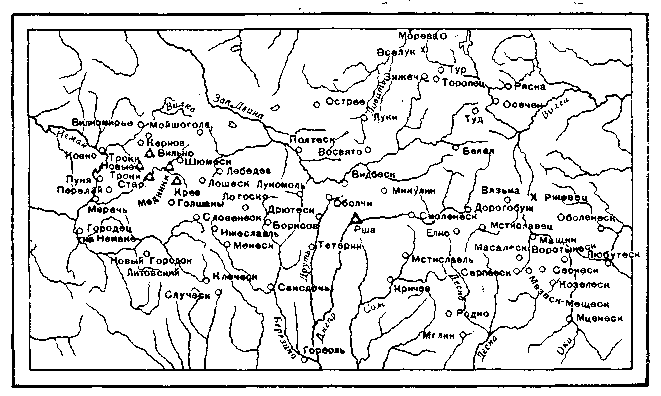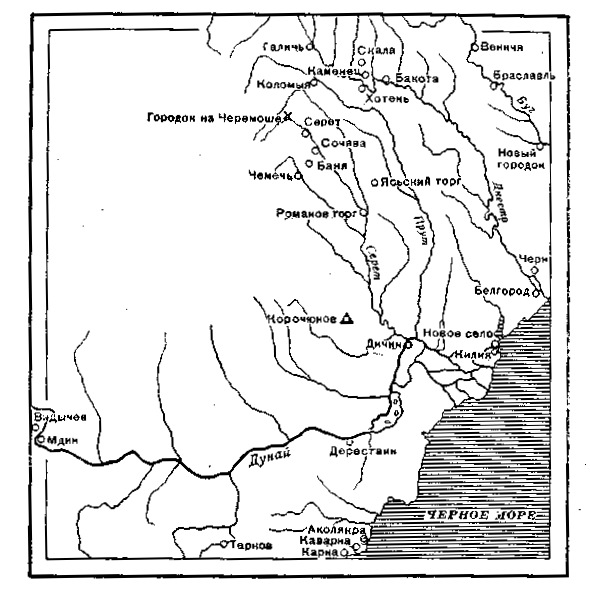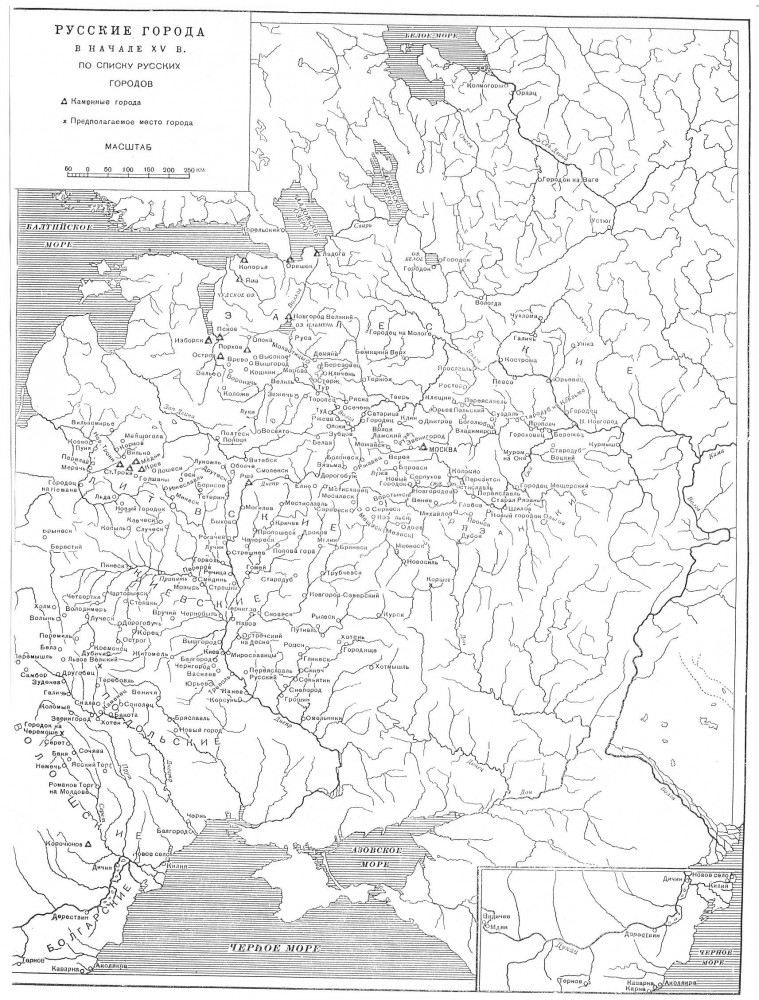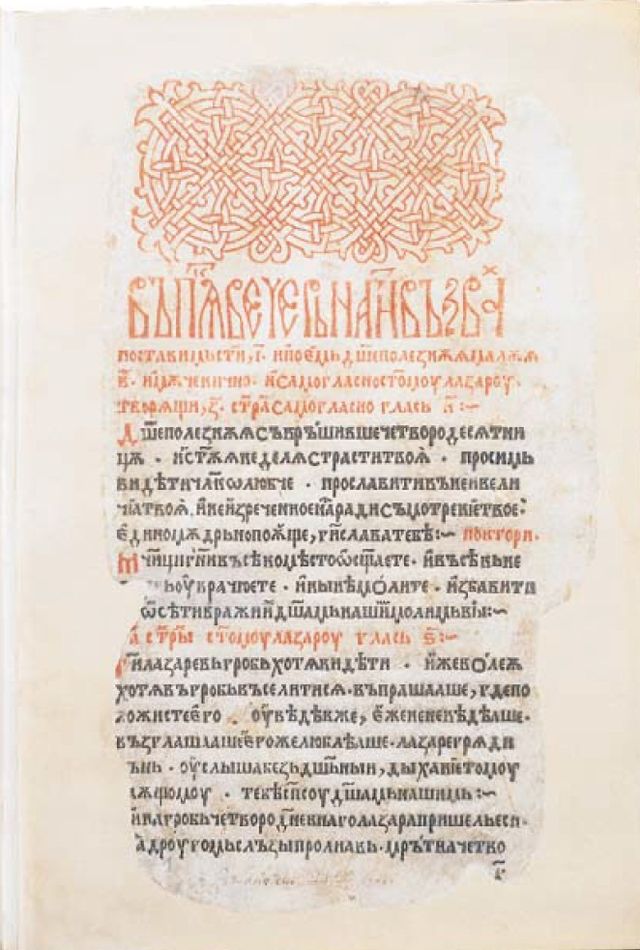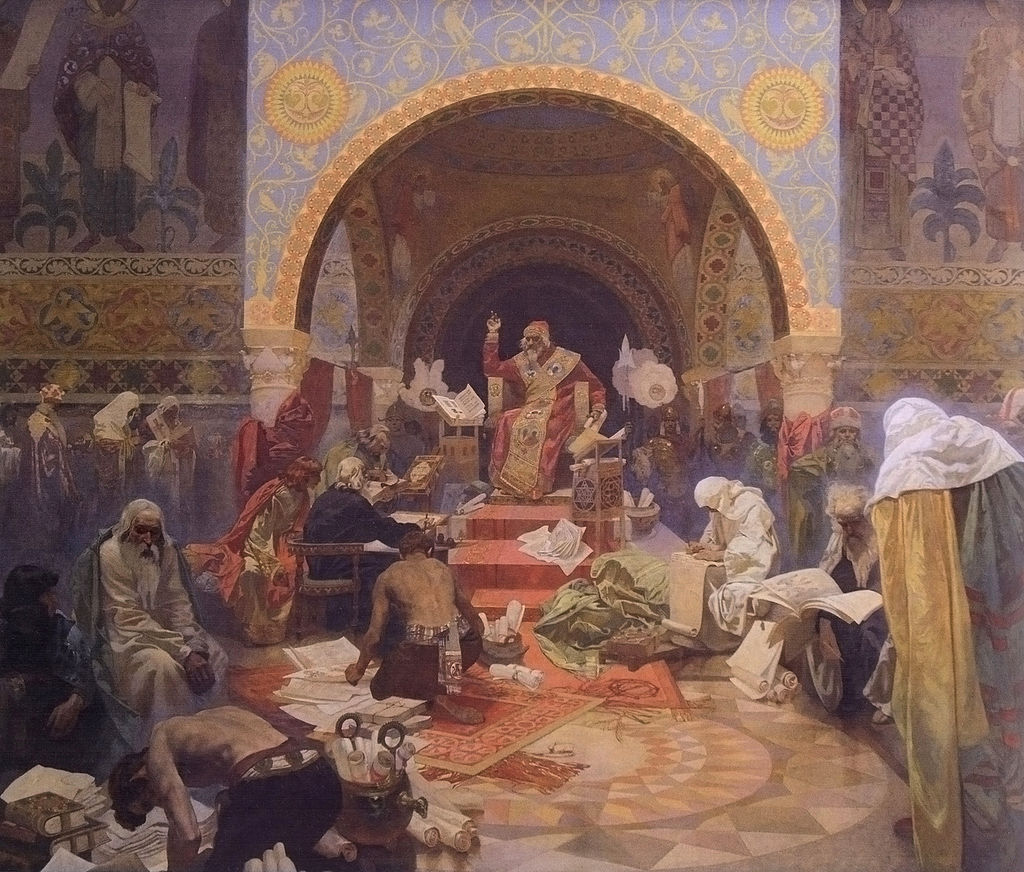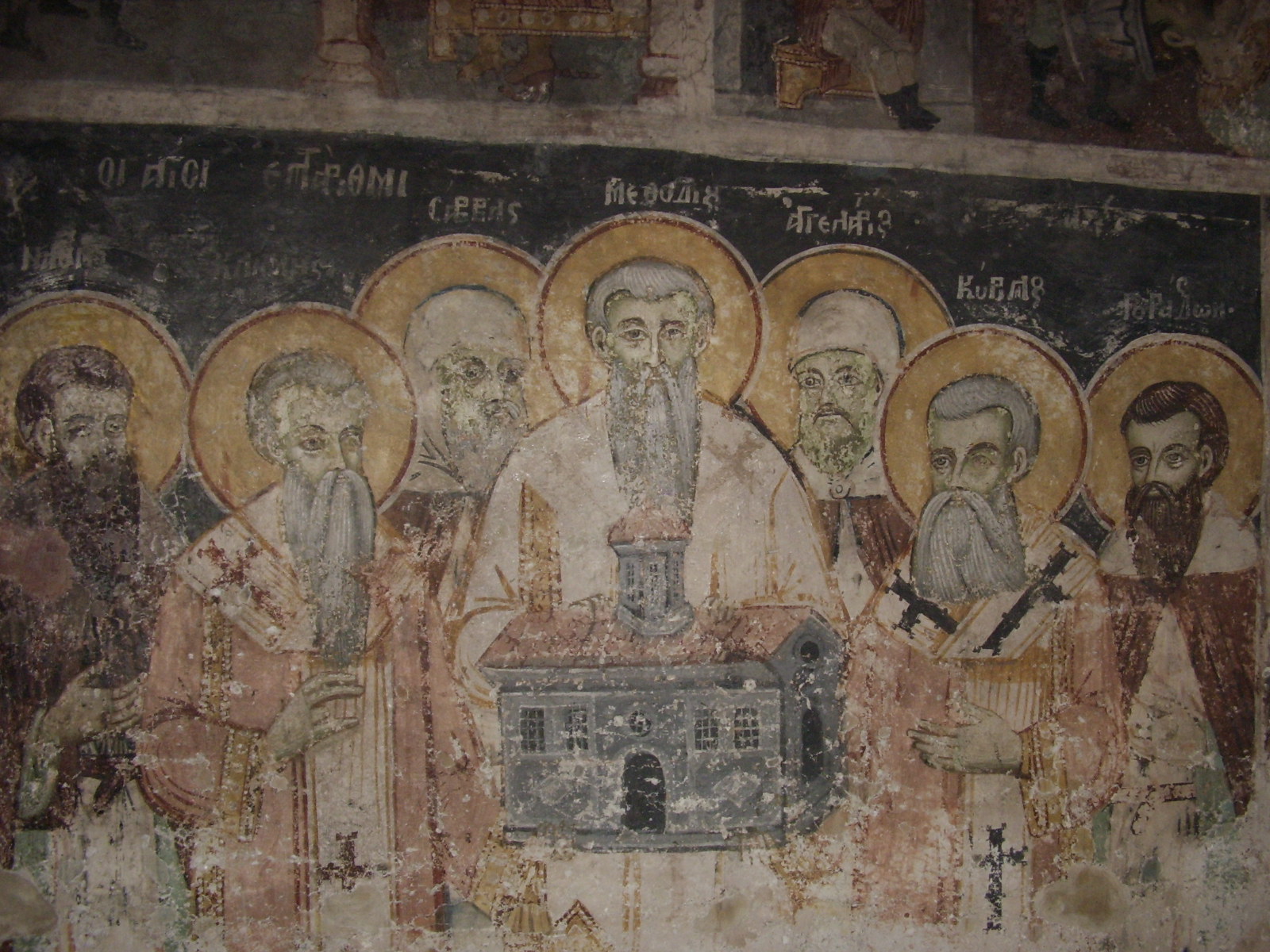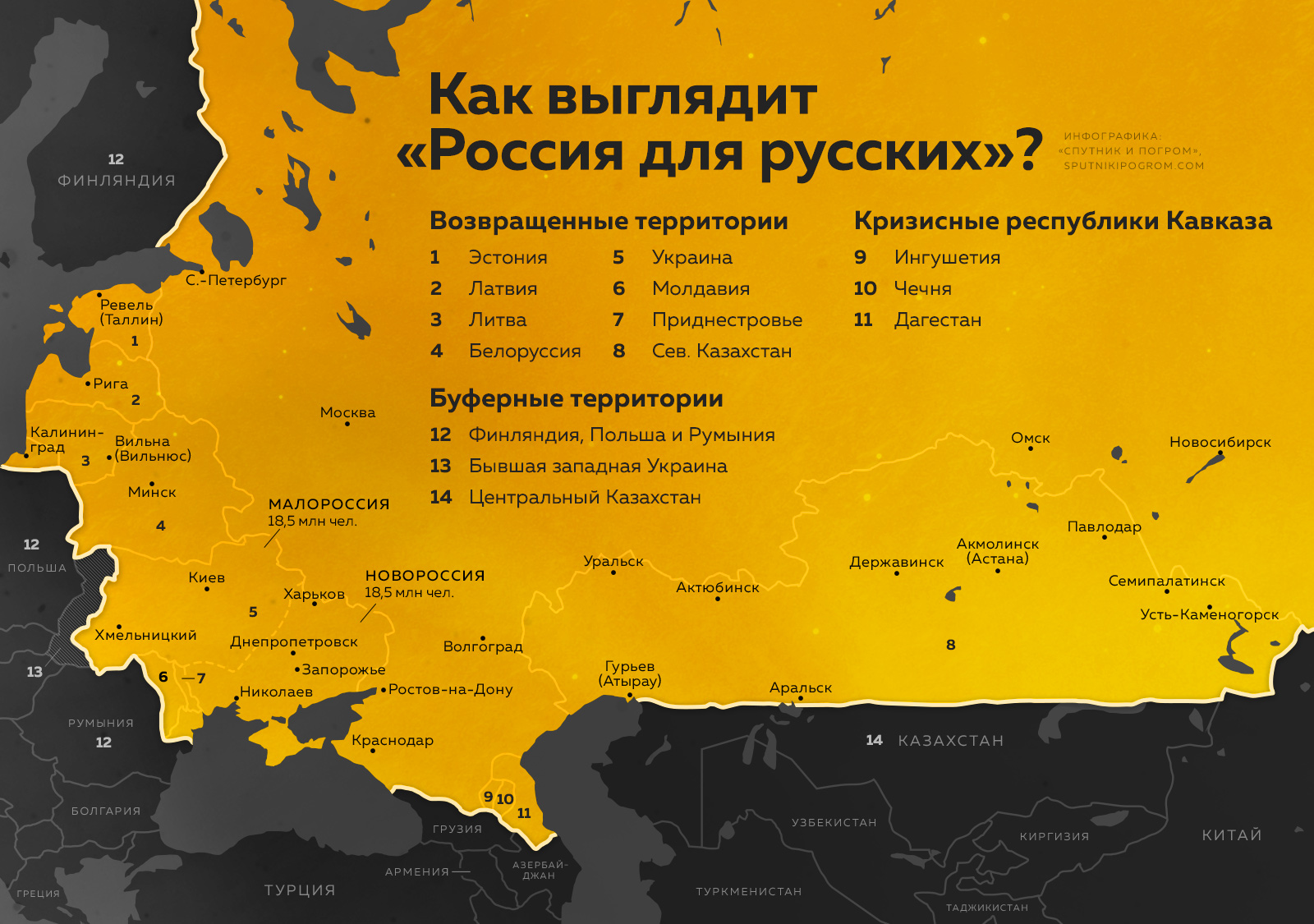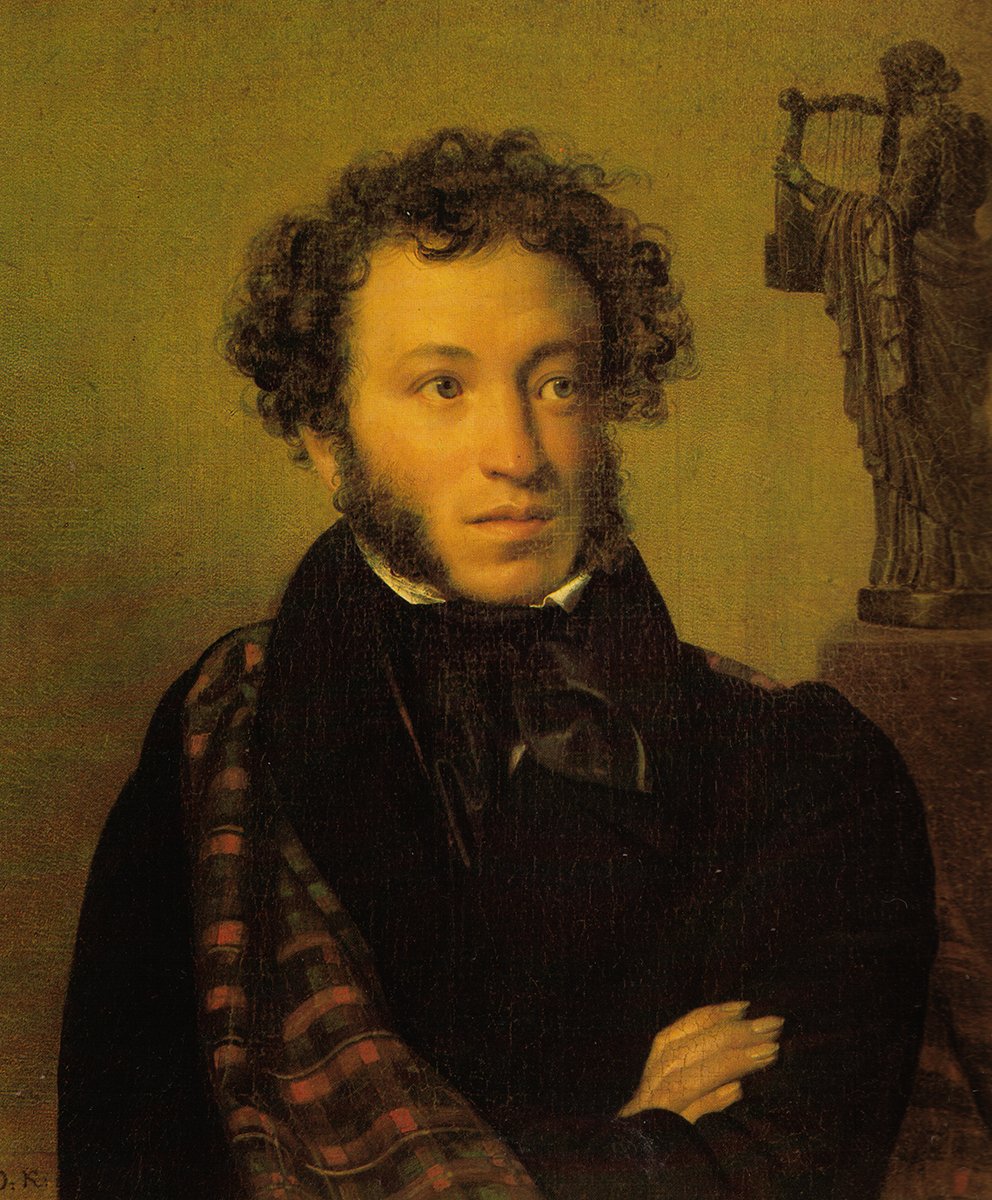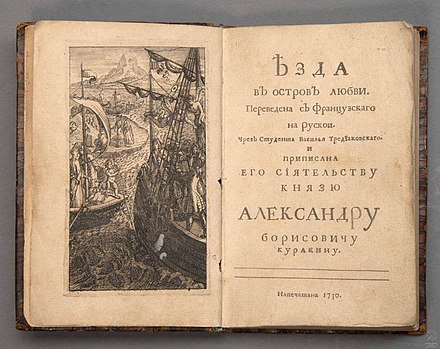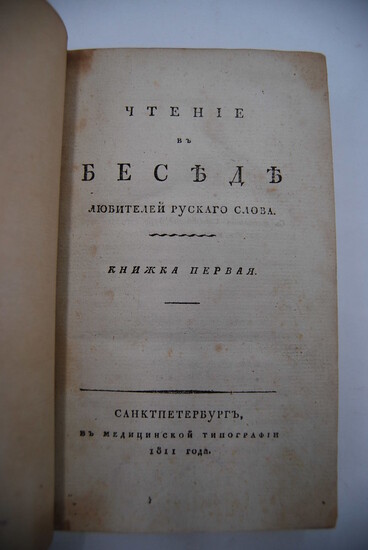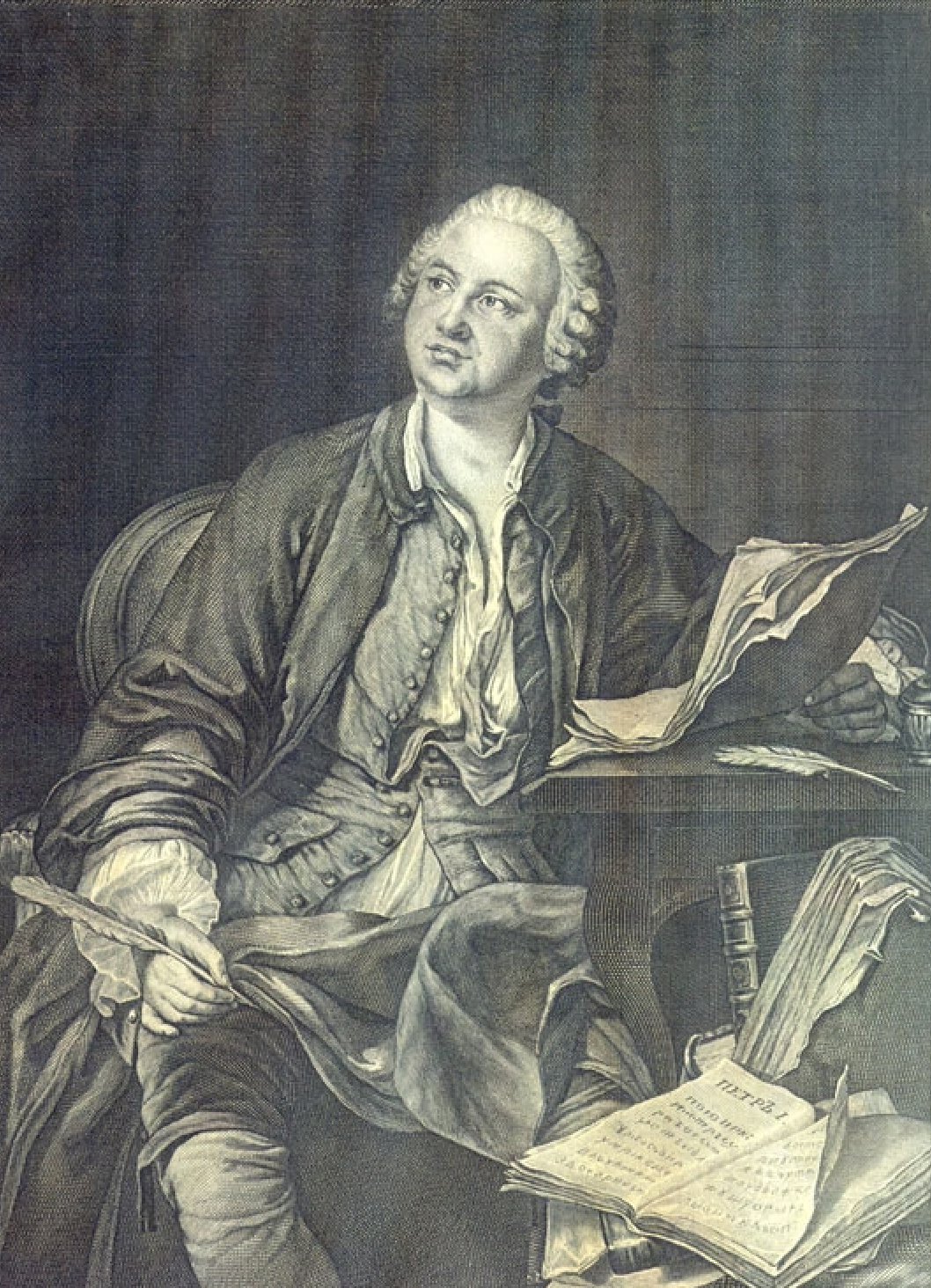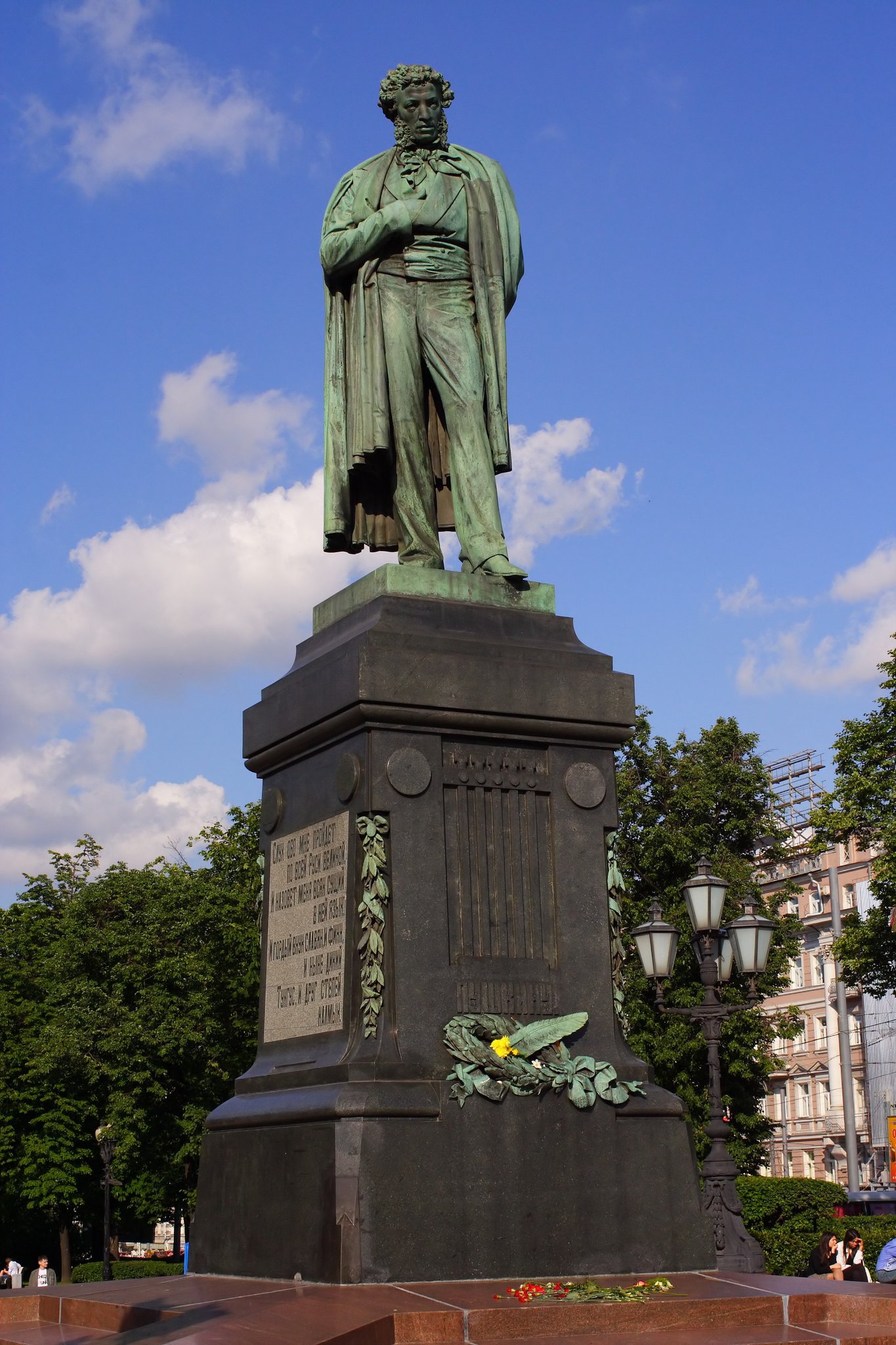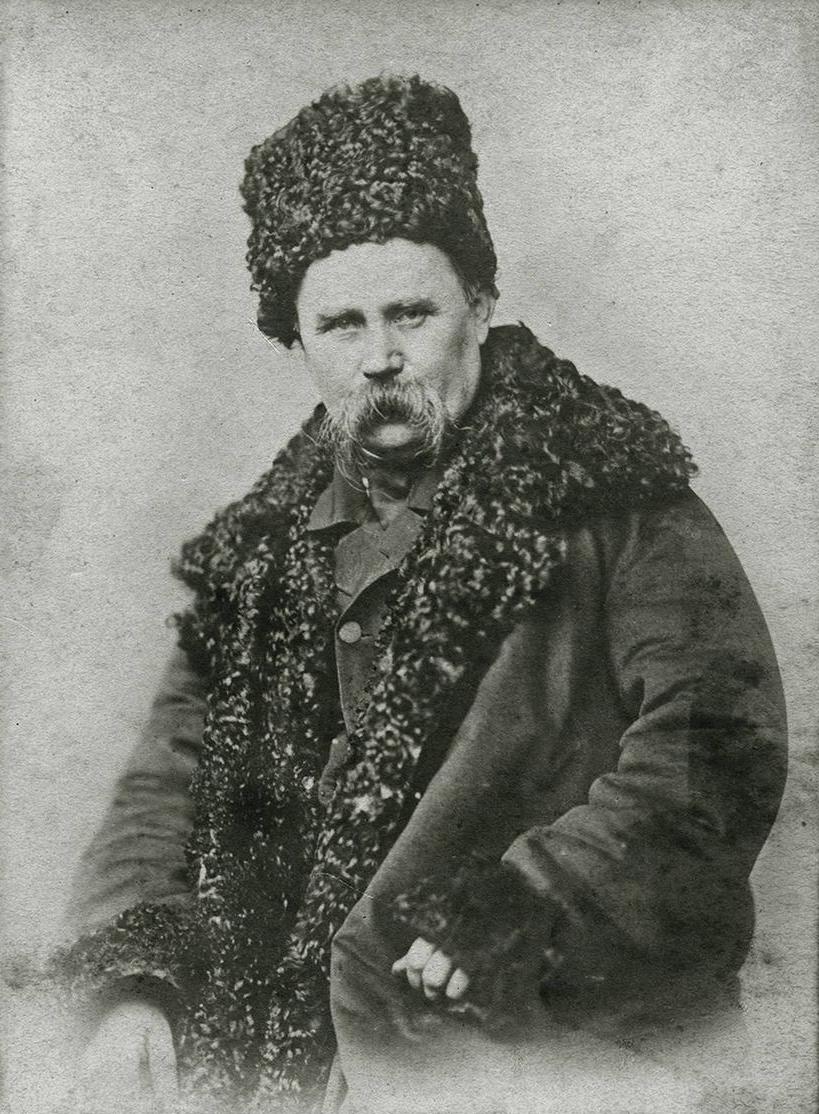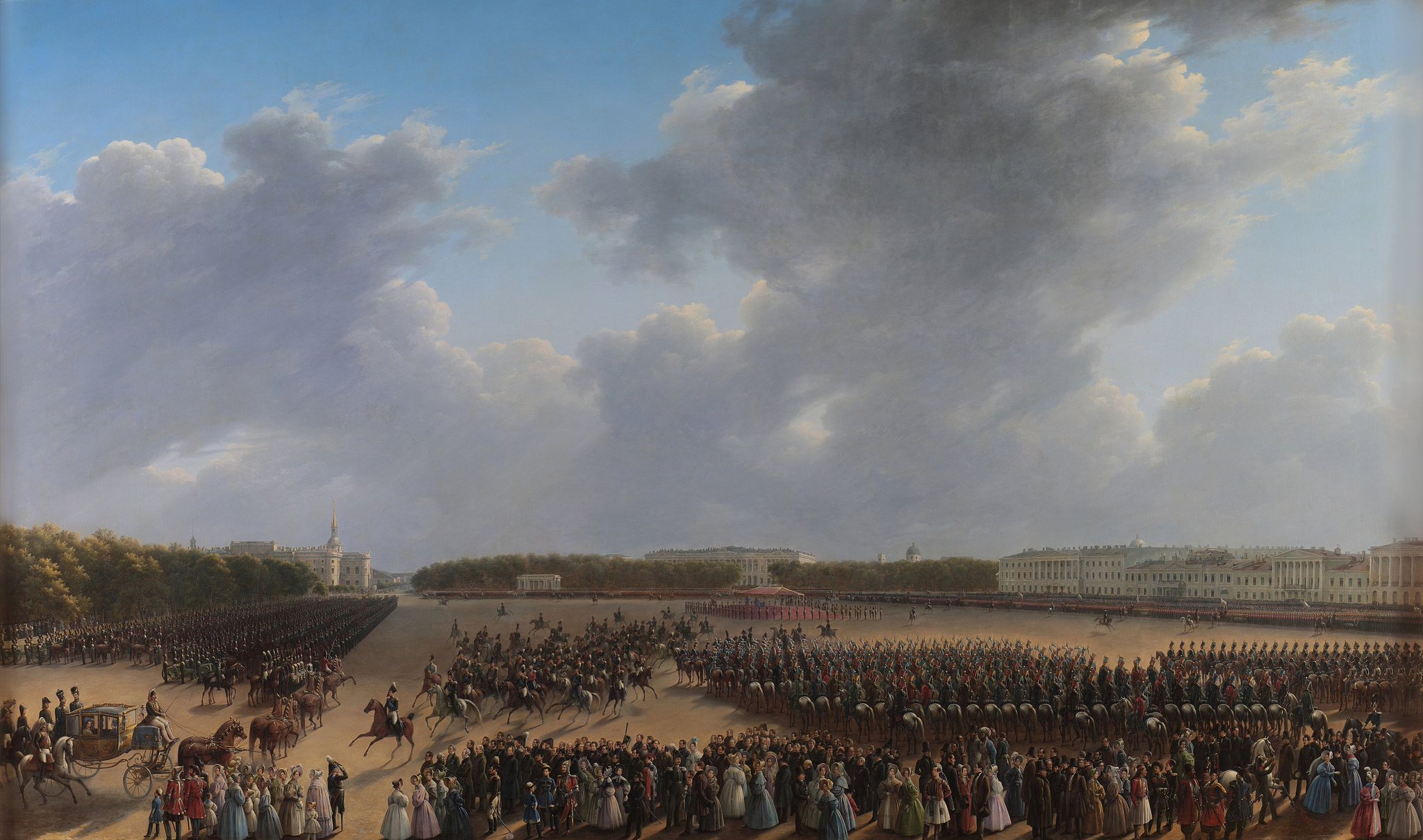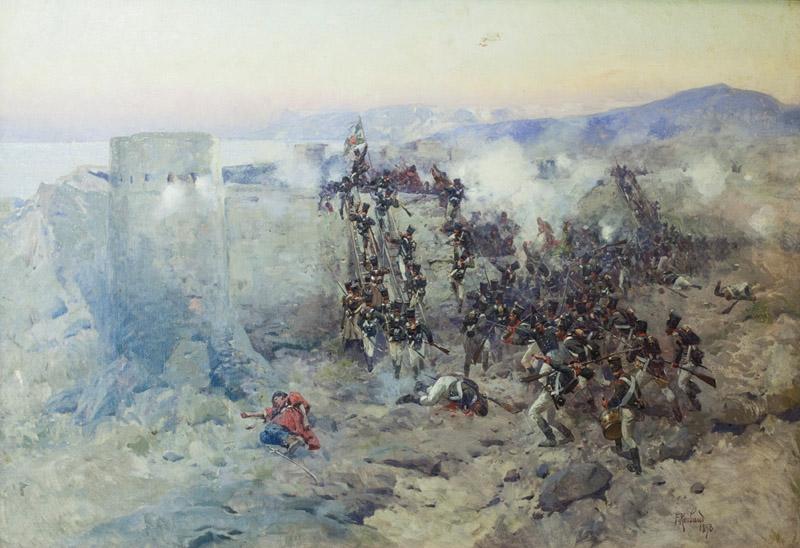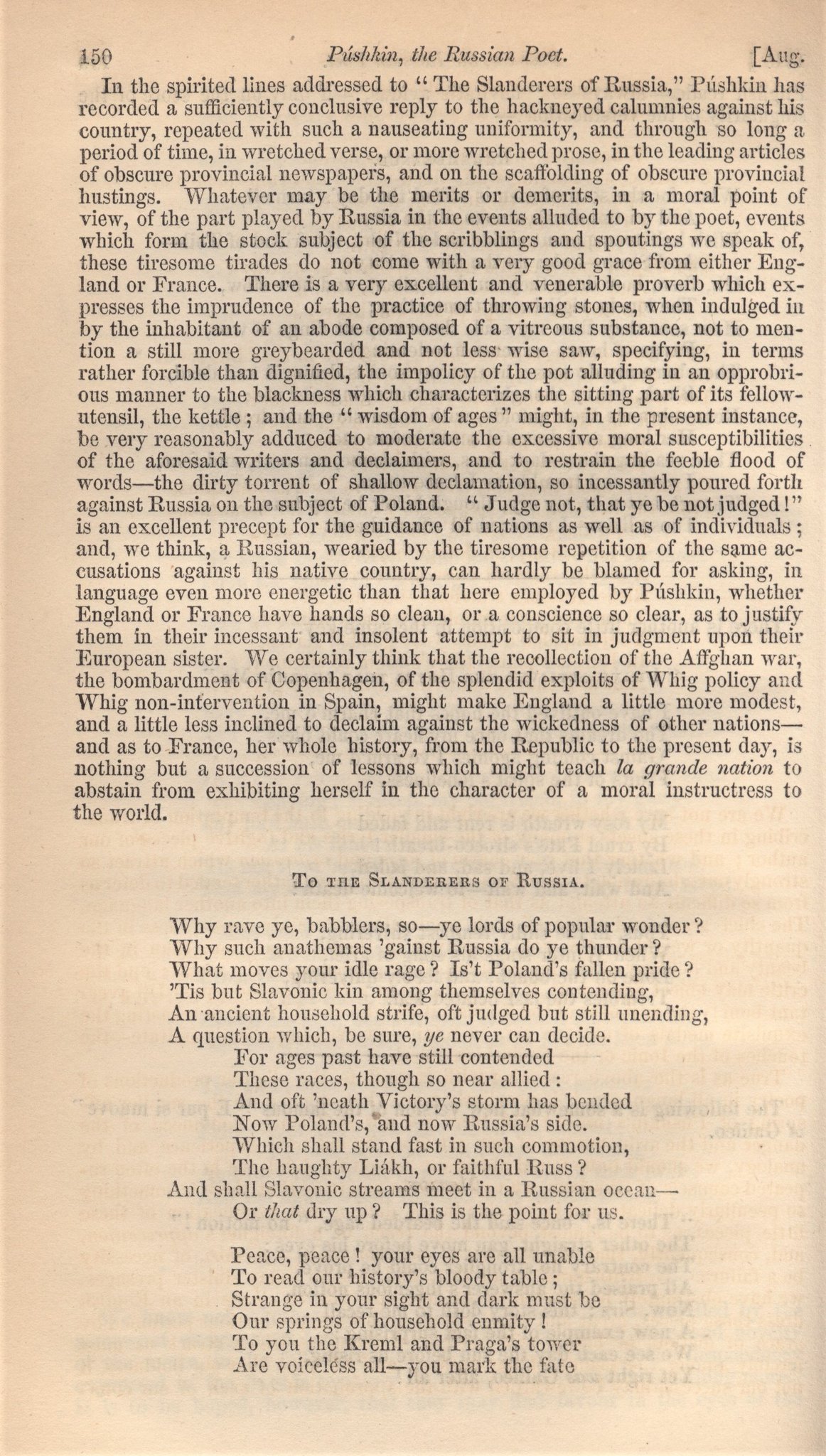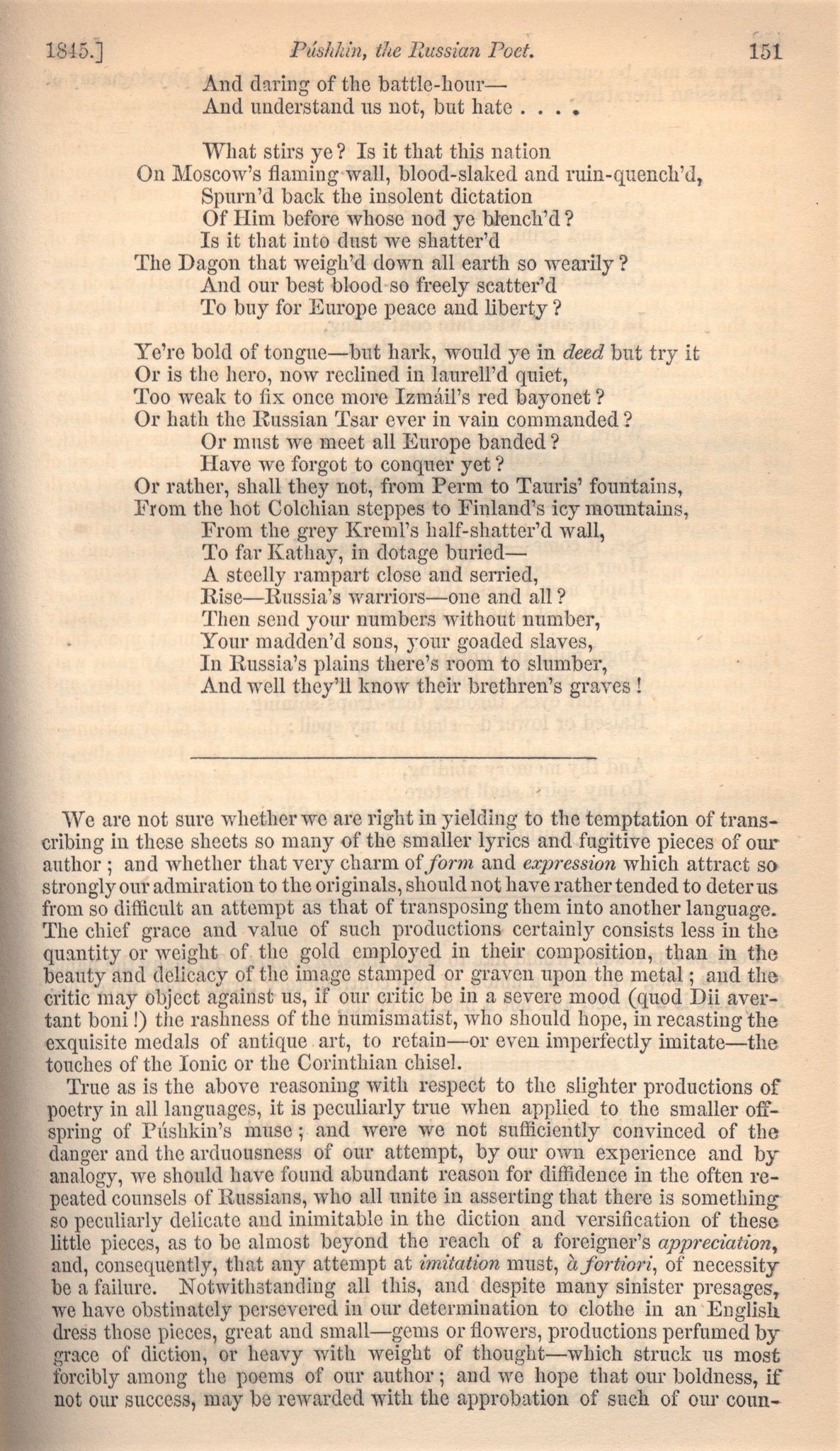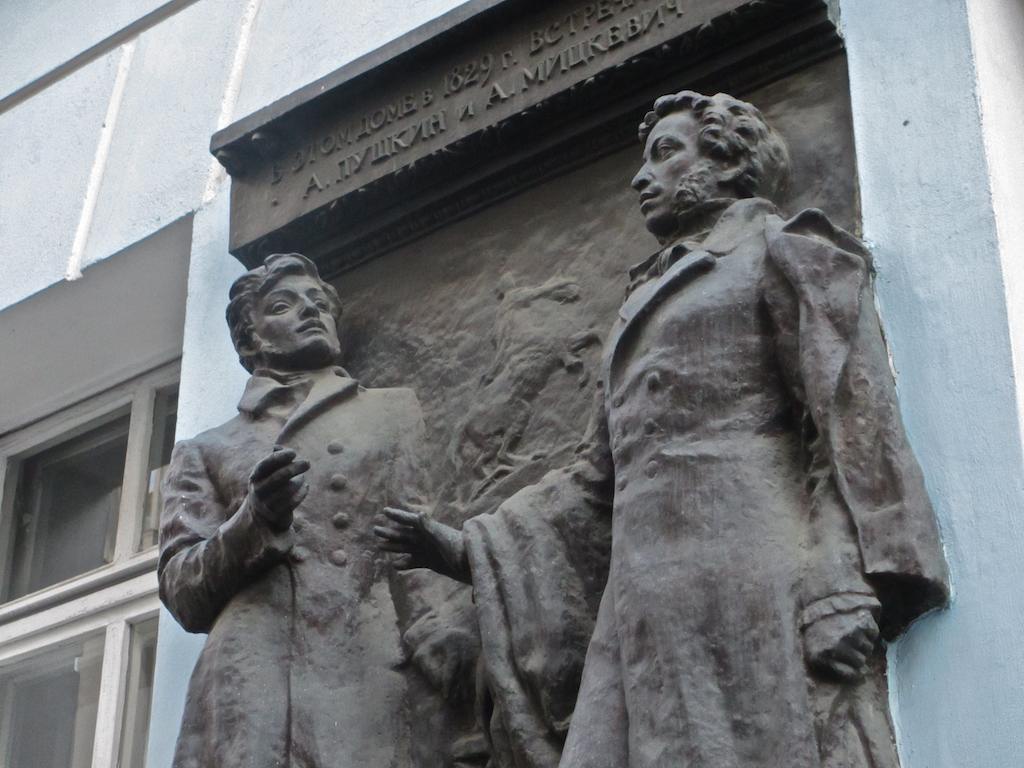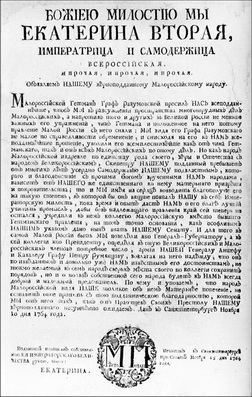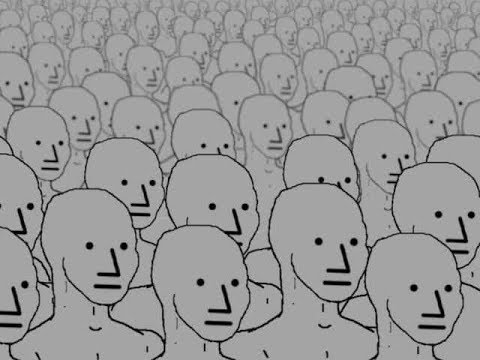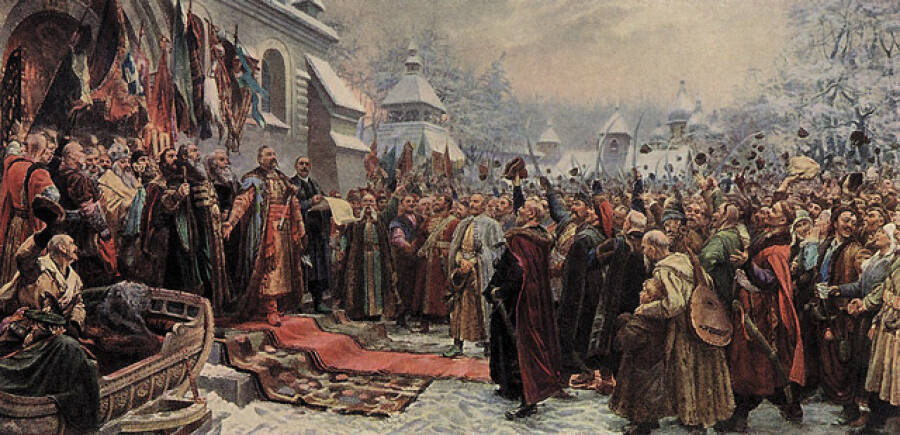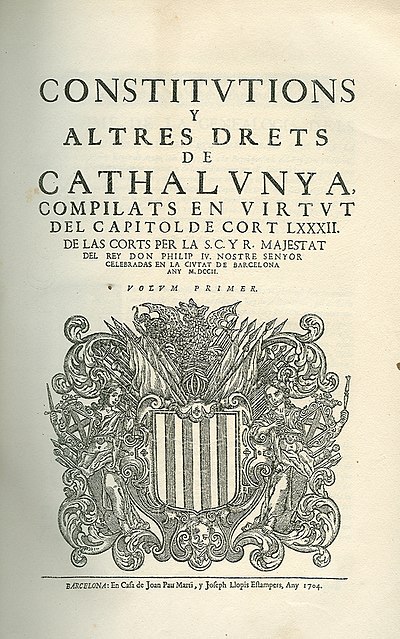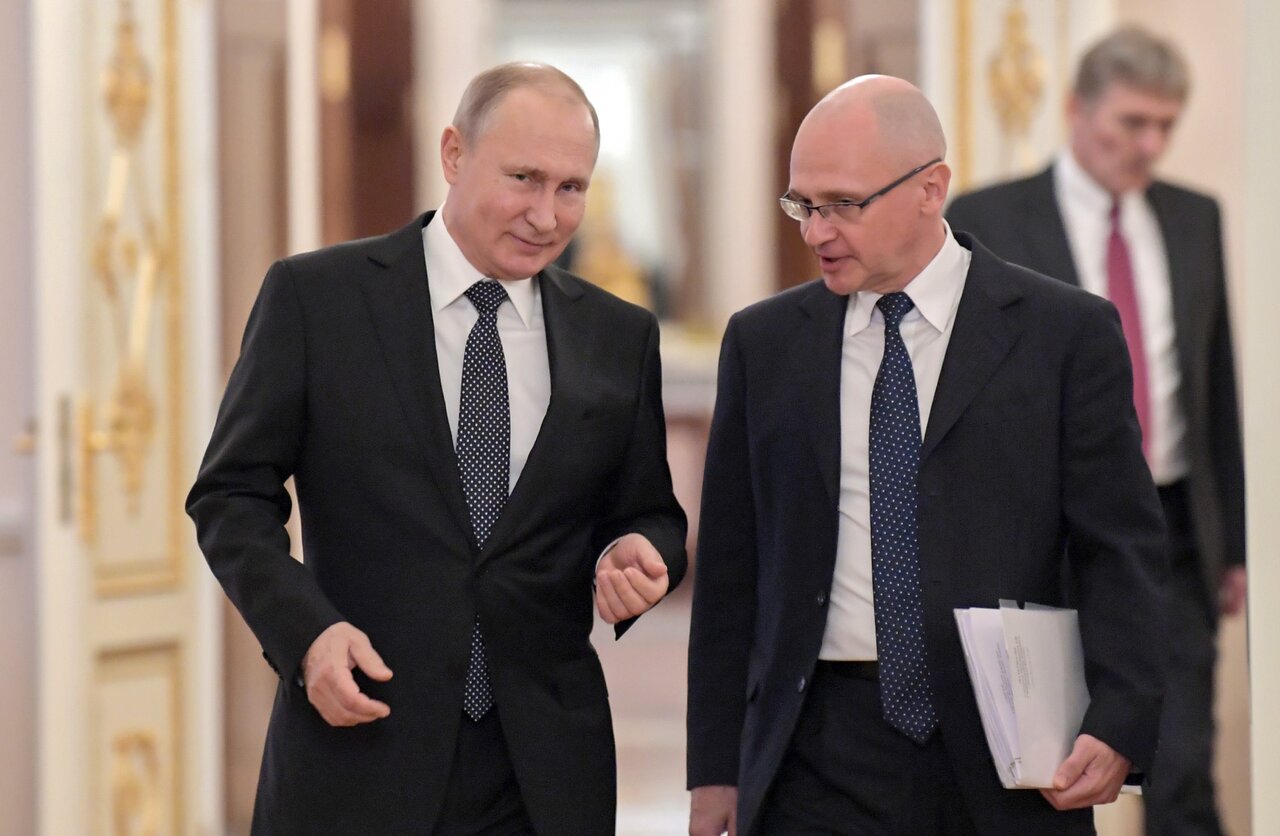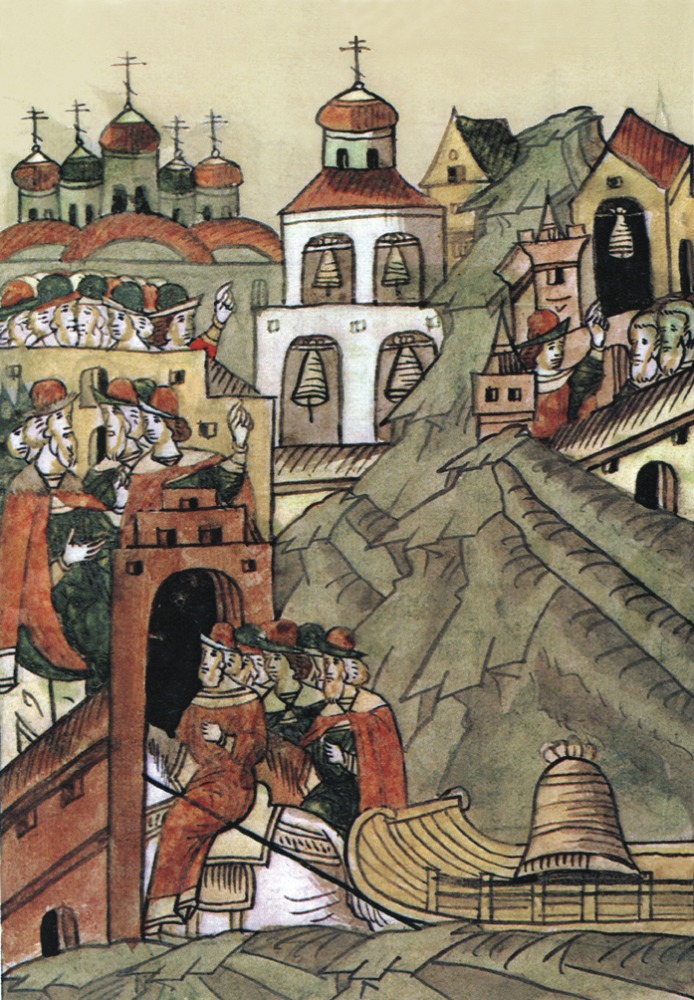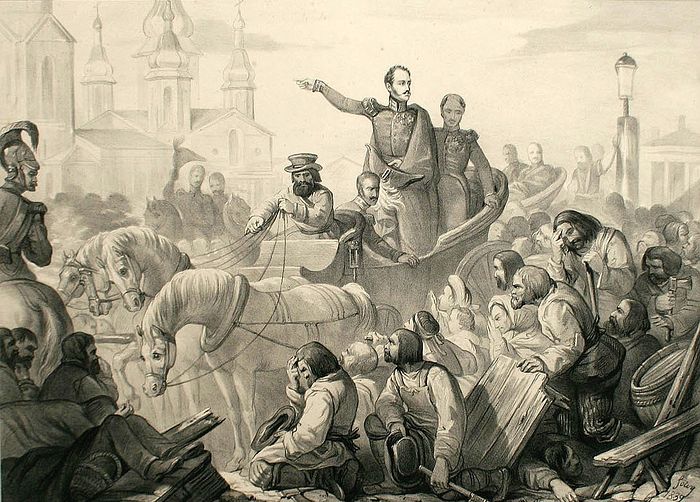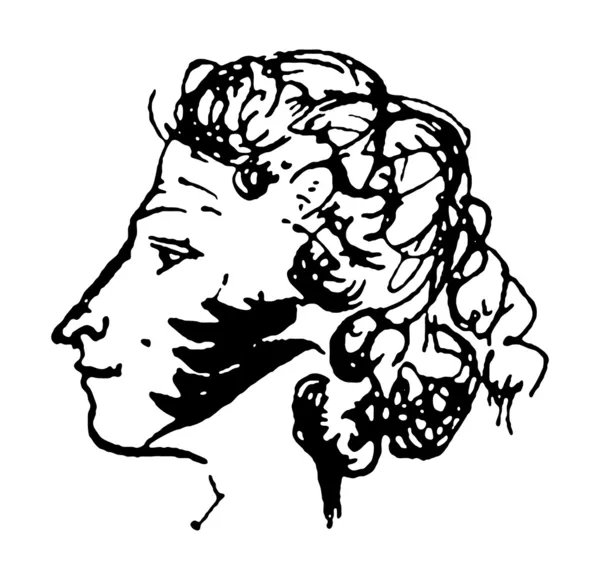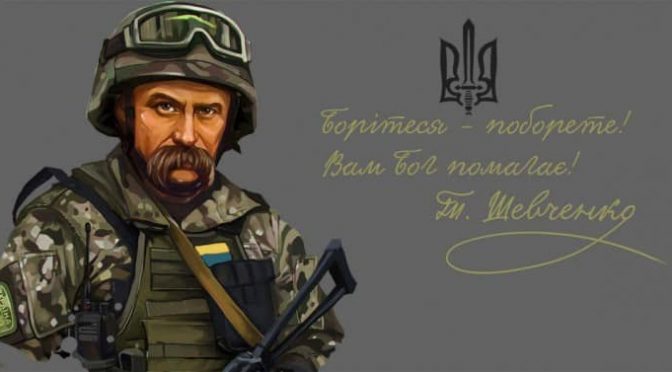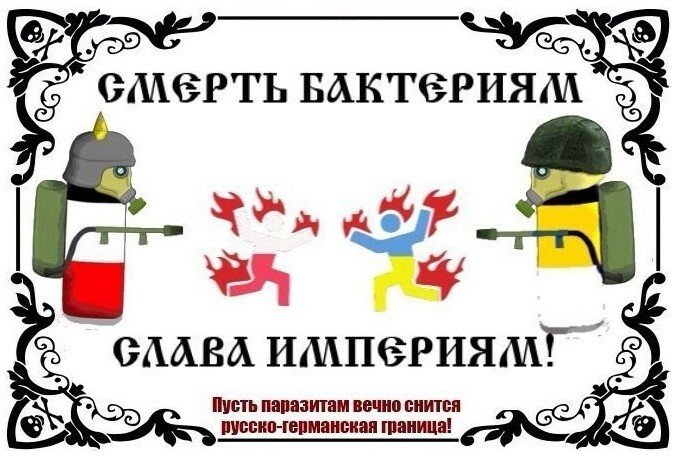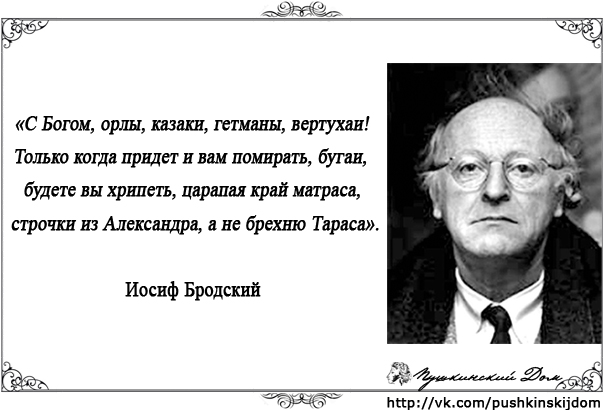Thread
War of memes: why Z-war won't end with peace
Some Western analysts unfamiliar with Eastern European cultural context perceive Z-war as an accident. They presume that Russian invasion results from some sort of "misunderstanding" or mistake which can be resolved via negotiations🧵
Some Western analysts unfamiliar with Eastern European cultural context perceive Z-war as an accident. They presume that Russian invasion results from some sort of "misunderstanding" or mistake which can be resolved via negotiations🧵
That's a textbook example of wishful thinking. Why would such a renowned analyst as Luttwak argue that "the war need not continue"? Because *he* doesn't need it to continue. I don't need it -> Nobody needs it -> A peaceful settlement is possible. But that's not how it works
You may want to stop this war ASAP, but it's not up to you to decide. It's up to Russia which invaded Ukraine for a reason. And this reason remains irrespective of Putin or Zelensky, CSTO or NATO, Siloviki or Mail. It's not a war of regimes. It's a war of memes
The motivation behind Z-war is not "security", "alliances" or even political affiliation. It's the need to extinguish wrong cultural memes and impose correct ones. That's why Z-war has such a wide popular support and why Russians so easily agreed for a total war against Ukraine
Arrogant it may sound, I think that in order to understand cultural context, you need to consume content in a language of the country. Those analysts who consume content in Russian typically view Z-war as inevitable. They saw it coming. But those who don't, are usually surprised
Z-war happened because Russia never accepted existence of Ukraine in the first place. And by "Russia" I mean not only the state, but also the people, especially the cultural elites. It was the so much glorified cultural elite that prepared this war rather than ignorant masses
They argued or implied that Ukraine is a fake nation with fake/inferior culture and history. In other words, the real problem is that Ukrainians stick to inferior memes. Worst of all, they could have upgraded and accepted superior, Russian memes, but they refuse to
Russian invasion of Ukraine can be understood only in cultural context. Kremlin didn't plan for a war, it planned to "liberate" Ukraine, save it by imposing the correct memes. But it turned out that Ukrainians didn't want to be saved. That's how Special Operation turned into war
Initial Kremlin's assumption was that Ukraine isn't irredeemable. It's a country of somewhat inferior Russians controlled by the "Nazis" who brainwashed the rest into submission. But what Ukrainians secretly want is to drop the farce of "Ukraine" and become normal (=Russian)
To understand the logic behind Z-invasion you have to keep in mind that Russianness = normality. When you are Russified you just become normal. Z-invasion was planned as a gift or humanitarian operation. That's why Ukrainian resistance is so shocking. They don't want to be normal
Ukrainian ingratitude and refusal to become Russians explains the rapid escalation of violence by the Russian military. See the bombing of Nikolaev. I won't be surprised if Russians use tactical nukes against Ukrainian cities by May 9, the Victory Day
Let me quote a correspondent of "All-Russian TV and Radio Broadcasting Company" with 577 158 followers:
"Mariupol. The Apocalypse District. Should we show it to the entire world?
Yes. Let Kiev, Lvov, Poltava, Ternopol see: if a city doesn't surrender, it will be destroyed"
"Mariupol. The Apocalypse District. Should we show it to the entire world?
Yes. Let Kiev, Lvov, Poltava, Ternopol see: if a city doesn't surrender, it will be destroyed"
Or this guy very close to the Kremlin:
"When Zdolbunov is bombed, I won't feel bad. They signed out from the Russian nation. And in order to sign into the Russians again, Ukraine will pay a huge price. I think the same of Harkov, Kiev, Dniepropetrovsk, Rovno and Ivano-Frankovsk"
"When Zdolbunov is bombed, I won't feel bad. They signed out from the Russian nation. And in order to sign into the Russians again, Ukraine will pay a huge price. I think the same of Harkov, Kiev, Dniepropetrovsk, Rovno and Ivano-Frankovsk"
To be fair Russia always fought like this - with extreme disregard towards any ethical or legal norms. But since it launched most of its total wars against non-White/non-Christian people like the Syrian Sunni, nobody cared (I cropped the photo, it's much worse). But why Ukraine?
We can start our discussion with Brodsky. He's relatively well known in the West largely due to winning a Nobel prize in literature. But his cultural influence is probably underestimated there. Brodsky was not just a poet, he was *the* last great poet of Russian literary canon
After being persecuted by the Soviet authorities, Brodsky emigrated to the US. He was showered with prizes, honours and awards. Here he won the Nobel Prize and became the US Poet Laureate. Both his literary talents and victimhood record helped a lot in his American career
That's a poem Brodsky read in Palo Alto in 1992. Although written and published in the US, the poem "On Ukrainian independence" is probably the most widely quoted and impactful political manifesto of the post-Soviet Russia. It's *super* nationalist
www.youtube.com/watch?v=grFRNnPePJw
www.youtube.com/watch?v=grFRNnPePJw
Which translation of Brodsky's "On Ukrainian independence" shall I give? I chose this one. It's not literal, it's much better. A literal translation would be suboptimal for an audience with different cultural background, while this one is understandable
russianuniverse.org/2017/02/27/joseph-brodsky-on-ukrainian-independence/
russianuniverse.org/2017/02/27/joseph-brodsky-on-ukrainian-independence/
In this poem Brodsky sends multiple messages to Ukrainians (called with slur "Khokhly"). He:
1. Tells Ukrainians to go fuck themselves
2. Predicts: "you, scum will be gangbanged by Poles and Germans"
3. Wonders if he should spit in Dnieper in order to make it flow backwards
1. Tells Ukrainians to go fuck themselves
2. Predicts: "you, scum will be gangbanged by Poles and Germans"
3. Wonders if he should spit in Dnieper in order to make it flow backwards
Brodsky called his poem "risky". And yet, it correctly reflected attitude of much of Russian society towards Ukraine. After 2014 it became especially relevant and was repeatedly endorsed by the media and authorities like the Russian parliament newspaper
www.pnp.ru/social/nikto-tochnee-brodskogo-ne-vyrazil-otnoshenie-krymchan-k-ukraine.html
www.pnp.ru/social/nikto-tochnee-brodskogo-ne-vyrazil-otnoshenie-krymchan-k-ukraine.html
What I find more interesting however, is the two final lines of Brodsky's poem. They literally tell to Ukrainians:
"When you are dying and scratching your deathbed, you'll be wheezing Alexander's lines and not the Taras' bullshit"
What does he mean by that?
"When you are dying and scratching your deathbed, you'll be wheezing Alexander's lines and not the Taras' bullshit"
What does he mean by that?
Brodsky is referring to Alexander Pushkin and Taras Shevchenko: national poets of Russia and Ukraine respectively. On their deathbed Ukrainians will quote Russian genius Pushkin rather than Ukrainian bullshiter Shevchenko because "Ukrainians" are Russians and Ukraine is a farce
What is interesting here is not so much the supposed superiority of Russians over Ukrainians. It's the politicisation of literature, specifically of poetry. Which poet you admire and quote is not neutral politics-wise, it's *the* most important political question ever. But why?
We all know that Russia is literature-centric country. And yet, Western knowledge of that literature is very selective. Which Russian writers can an average erudite Anglo name? Tolstoyevsky + Chekhov. These guys are well known in the West because they produced translatable prose
Untranslatable authors are ignored, including some prosers like Saltykov-Schedrin, Lenin's favourite writer:
"цивилизацию эту, приняв в нетрезвом виде за бунт, уничтожил градоначальник Урус-Кугуш-Кильдибаев" - how can you even translate this without a long historical commentary?
"цивилизацию эту, приняв в нетрезвом виде за бунт, уничтожил градоначальник Урус-Кугуш-Кильдибаев" - how can you even translate this without a long historical commentary?
The most overlooked part of Russian literature is of course its poetry. Russia is not so much literature-centered as poetry-centered. Poetry stands in the middle of the Russian sacred literary canon. However, it is largely untranslatable and thus is poorly known in the West
Who is the most impactful Russian author ever? If we consider the impact on Russia, it's Alexander Pushkin. He is referred to simply as "Our Everything" (Наше все). Indeed, Russian language and literature are largely based on a legacy of one single author
Yes, theoretically Russia has ancient literary tradition. In practice however, its *relevant* part starts with Pushkin. Whatever had been written before, is read by normal educated Russians largely as a historical artefact. Only post-Pushkin literature can be read unironically
Why Pushkin is so important? Every Russian kid is taught in school that Pushkin "created the Russian language". Did you get it? Kids don't get it either. That's why this commonplace about Pushkin and the Russian language is mocked so much in the internet. What does it even mean?
Benedict Anderson gives a key to this question. According to Anderson, modern literary languages are artificial. They were created by the double effect of modern state with its homogenising policies and of the printing press. Whatever existed before functioned very differently
Premodern world, before the modern state and the printing press, didn't know literary languages. It knew:
1) Spoken vernaculars (sounds-based)
2) Sacred languages (signs-based)
In Europe for example Mittelmärkisch would be a vernacular and Latin - the sacred language
1) Spoken vernaculars (sounds-based)
2) Sacred languages (signs-based)
In Europe for example Mittelmärkisch would be a vernacular and Latin - the sacred language
Let's start with spoken vernaculars. The fact that premodern world had no literary languages doesn't mean that people couldn't talk with each other. They had plenty of vernaculars some of which resemble modern languages. But unlike these languages vernaculars weren't standardised
Today we speak of French, Spanish or English language. But back then there was a huge variety of Frenches, Spanishes and Englishes, speakers of which "might find it difficult or even impossible to understand each other in conversation". That is just a natural order of things
In fact it may be inaccurate to address those vernaculars as Frenches or Spanishes. The linguistic map didn't correspond with political one. For example, the area of closely related Catalan-Occitan dialects stretched from Spain to France across all political borders, old and new
Premodern world was the world of diversity, including the linguistic diversity. Contrary to the popular belief it is diversity which is natural and homogeneity which is artificial. Tons of mutually unintelligible vernaculars - it's a natural order, one literary language - is not
If vernaculars divided the premodern world into separate regions, global sacred languages united it into a number of truly global communities. For example Europe divided into the areas of Romance, Germanic, Slavic and other vernaculars was united by one sacred language, the Latin
Global communities of the past were sacred communities built around ideographic systems. Latin in Europe, Quranic Arabic in Islamdom, characters in China. Every sacred community perceived itself as a world in itself, possessing the monopoly on truth due to its sacred language
Huntington famously divided the world into a number of civilisations. However, his classification looks arbitrary. What if we adopt a much superior and more objective Andersonian paradigm? Those who use the same sacred language comprise a separate sacred community (=civilisation)
Within each sacred community people spoke on multiple vernaculars. Sacred language was a community of signs, vernacular - of sounds. Sacred language had to be unintelligible to masses, vernacular - intelligible. Finally, sacred language was non-arbitrary, unlike a vernacular
Sacred language was non-arbitrary. It was the emanation of reality, rather than a reflection of it. Hence the prohibition to corrupt sacred texts by translating them into vernaculars. That meant they'd be unintelligible to the masses. That however, was a feature rather than a bug
Consider the ideographic nature of Islamic Ummah:
"If Maguindanao met a Berber, knowing nothing of each other's languages, incapable of communicating orally, they nonetheless understood each other's ideographs, cuz the sacred texts they shared existed only in classical Arabic"
"If Maguindanao met a Berber, knowing nothing of each other's languages, incapable of communicating orally, they nonetheless understood each other's ideographs, cuz the sacred texts they shared existed only in classical Arabic"
In this respect Quranic Arabic, Latin and even Sanskrit functioned very much like Chinese characters. They all created a global community not of sounds, but of signs and this community hold monopoly on the objective truth. Modern mathematical language continues this old tradition
This dichotomy between local vernaculars dividing the world and sacred languages uniting it into a number of global communities explains a lot about the premodern world. Global vs local, esoteric vs exoteric, high status vs low status, sign-based vs sound-based
With the time passing two factors fragmented the unity of old ideographic sacred communities. First, a breakthrough information technology - the printing press. Another factor is much more complicated and poorly understood - evolution of a modern centralised state
Even before the introduction of the printing press, some quickly centralising polities (that would later become the nation states) created administrative vernaculars. Operating with too many vernaculars was tedious. It was much easier to choose one and elevate its status
For example France had many vernaculars, all considered as corrupted forms of Latin. However, one of them, the dialect of Paris, became the language of officialdom. It didn't turn into the language of truth, like Latin. But it became the language of power - and that was enough
Printing press played a huge role in linguistic homogenisation. It's a major bifurcation that determined the fate of vernaculars. Those vernaculars that were printed on, were elevated in status and often survived. Meanwhile, those that were not printed on much, gradually declined
Combination of these two factors: state centralisation and the printing press, fragmented the sacred communities and often destroyed them. In a sense the world was de-globalized: previously interconnected sacred space was fragmented into a number of territorial national cultures
State centralisation and the printing press created a vernacular bifurcation which homogenised the world greatly. Those vernaculars that were adopted by the states and propagated in printing grew enormously in status and relevance. Meanwhile those that were not, would die out
Administrative centralisation and introduction of the printing press triggered the vernacular bifurcation. And yet, it was mass schooling that completed it. Centralised, state-designed schooling according to the uniform curriculum, is the underrated tool of cultural unification
Consider how linguistic map of France changed with the propagation of mass schooling. Non-French speaking zone (dark grey) which covered most of the country in 1830s contracted to few isolated areas by 1950. Memes included into the curriculum skyrocket, excluded ones - die out
Vernacular bifurcation explains the phenomenon of a national genius, especially the national poet. Did you notice that so many literary cultures are centred around the Great National Poet? Why? "Great" here means "impactful". And "impactful" means - the model for standardisation
Great Poet = the Poet of National Curriculum. Curriculum homogenises the cultural space and creates the monoculture. Curriculum completes the Vernacular Bifurcation. Therefore, which poet is included into the curriculum and which is not is the matter of huge political importance
Now let's talk of Eastern Europe. We've just discussed that the premodern word was divided into a number of global communities of signs centred around a certain sacred language, like Quranic Arabic. In Western Europe it was Latin. In Eastern Europe it was the Old Church Slavonic
Old Church Slavonic was a South Slavic language, probably of Bulgarian origin, that became the language of sacred books and church services all over Eastern Europe, including modern Bulgaria, Romania, Moldova, Ukraine, Belarus and Russia thus creating a specific sacred community
Sacred community is built around an unintelligible esoteric language. Indeed even though the sacred community of the Old Church Slavonic included speakers of Slavic, Romance and may be other spoken vernaculars, it was different enough from those vernaculars to be ununderstandable
That's especially clear in case of Romance speakers. Paradoxically it may sound, Orthodox Romanians used a Slavic sacred language they couldn't understand. It was the Protestant Reformation that gave the impetus to the development of literary Romanian
Romanians weren't Protestant. But their Hungarian overlords in Transylvania were. Thus they forced Romanian priesthood to switch liturgy from the Slavic sacred language to a Romance spoken vernacular. Cultural interactions are way more complicated than many tend to think
In Romance Orthodox lands spoken vernaculars were most distant from the sacred language. However, even in Eastern Slavic Orthodox area distance between Old Church Slavonic and vernaculars was large enough to make this South Slavic sacred language unintelligible for the masses
Existence of an Eastern European sacred community built on the Old Church Slavonic (like the Western European щту was built on Latin) sheds the light on the meaning of the word "Russian" ("русский") in medieval Russia. It doesn't refer to the ethnicity. It refers to the religion
Equating premodern sacred communities to modern national communities is a major fallacy. That's wrong, even if they bear the same or a similar name. In modern Russia the word Russian refers to a nation. In medieval Russia - to the sacred community operating across ethnic lines
Russian chronicles included lists of "Russian towns, close and remote ones". They typically included the following regions:
1. Bulgaria
2. Wallachia
3. Volyn
4. Zalesye
5. Kyiv
6. Lithuania
7. Podolia
8. Ryazan
9. Smolensk
10. Tver
That's a map visualising the list of 1374
1. Bulgaria
2. Wallachia
3. Volyn
4. Zalesye
5. Kyiv
6. Lithuania
7. Podolia
8. Ryazan
9. Smolensk
10. Tver
That's a map visualising the list of 1374
Regions which we now consider really "Russian" such as Tver or Ryazan are mixed with those we now perceive as clearly foreign. That's for example a map of Lithuanian Russian towns, stretching from Kaunas almost to Moscow across all ethnic and linguistic lines
What is even more interesting, the lists of Russian towns *start* with Bulgarian Russian towns, Wallachian Russian towns being second in order. Eastern Slavic towns are listed later. That probably implies that it was Bulgaria that was the birthplace of "Russian" sacred community
Meanwhile Moscow and what is now Central Russia, the birthplace of Muscovy, is listed there as Zalesye (="behind the forest"). Which apparently implies that Muscovy was considered a newly colonised territory in the forests of the north and not the centre of the "Russian" world
What do we see here? Both the great map of the Russian towns and the maps of particular Russian regions ignore ethnicity. Russian land includes Romance speaking regions. Lithuanian region of the Russian land includes both Baltic and Eastern Slavic speakers. Nobody cares
The map of Russian towns is *not* an ethnic map or a map of spoken tongues. It's the map of the Old Church Slavonic sacred community which was then called "Russian". Your origin, your spoken language don't matter: using Old Church Slavonic for the liturgy, makes you "Russian"
And ofc what is now Russia was not considered the centre of the Russian sacred community. The list implies it was probably Bulgaria. Bulgarian towns opens the list of the Russian towns. Which makes total sense if this sacred language originated there
Some imbeciles say that the fact that Ukraine or Belarus are called "Russian" in medieval texts means they are part of Russian nation. That's simply false. Medieval "Russian" sacred community is equated with modern Russian sacred state. That's an ahistorical fallacy
When Westerners equate medieval sacred community with a modern nation state, that's ignorance. But when Russians do it, it's a political statement. What once used to be the sacred community of the Old Church Slavonic must be now transformed to the unitary Russian nation state
Transforming sacred community into the unitary nation state is harder than one could think. Why? Because in a sacred community the sacred language coexists with tons of spoken vernaculars. Sacred community is a phenomenon of the diverse premodern world. But a nation state is not
A unitary nation state doesn't tolerate diversity. It will choose one vernacular and impose it all over its territory, extirpating any competing ones. That is the major factor of vernacular bifurcation which is completed through the mass schooling according to a uniform standard
That explains significance of Pushkin for the modern Russia. Since Russia incorporated what is now Ukraine and Belarus under Catherine II, Russian government always fought for homogenising all East Slavic territories after the Russian standard, politics, culture and language-wise
Russia strived to impose the same language all over Russia, Ukraine and Belarus. And yet, the question was - what should we impose as the standard? Pushkin is so prominent because he created this standard. His literary legacy gave a model which the state could propagate
Pushkin created the modern Russian language in a sense that he created that version of Russian language that would be later imposed by the authority of the state. That's why he became the most impactful Russian author and modern Russians can hardly read pre-Pushkin literature
Before Pushkin Russia didn't have a single literary standard. There were many styles, some influenced more by Western European languages, some by other Slavic ones, some - by the Old Church Slavonic. There were wide debates on which tongues should serve as the model for Russian
Pushkin, who became fluent in French much earlier than in Russian, talked and wrote in a very gallicised version of the Russian language. And since his legacy became *the* standard, Russian grammar looks so French
Pushkin also created the registers of Russian language. Before Pushkin Russia didn't have the standard literary language. It had spoken vernaculars and it had the sacred language - old Church Slavonic. It also had many writers and authors who experimented with different registers
XVIII century Russian writers mostly perceived the Old Church Slavonic as the high status language and spoken vernaculars as the low status ones. So they tried to use as much of the Old Church Slavonic vocab and grammatical structures as possible, just to write in high style
Pushkin made a different choice. He made a clear distinction between the spoken vernacular and the sacred language, basing his version of literary Russian on the former. Spoken Russian =/= Old Church Slavonic, and it was a spoken vernacular that became a foundation for his work
Old Church Slavonic elements were kept as a certain register of Russian language. Wherever Pushkin wanted to write a poem in a religious style, he used the Old Church Slavonic grammar or vocab. Wherever he wanted to stylise it after an "archaic" text, he did the same
Since Pushkin's language became the standard Russian, the registers he created became uniform. Whenever a modern Russian hears Old Church Slavonic words or grammar structures, he perceives them as either "religious" or "archaic". Thus they are heavily used in historical novels
When modern Russian hears elements of Old Church Slavonic he perceives it as the "language of the bygone age". That might not be historically correct. In reality Old Church Slavonic was never a spoken tongue. But we perceive it as "old spoken tongue" because Pushkin decided so
The impact of Pushkin on the Russian language illustrated the process of the vernacular bifurcation. Previously, there used to be many vernaculars and many authors trying to create literary languages out of them. But in a centralised state, only one will become the standard
The state will choose one model and impose it, extirpating all other variations. If it deals with un-printed rural vernaculars, the process will go smoothly. If it deals with printed ones, that's more problematic. But the real problem is when someone works creates an alternative
That explains political significance of Taras Shevchenko. Russia, Ukraine, Belarussia had tons of quite different vernaculars. If Russian state succeeded in imposing uniformity, they all would accept a model provided by Pushkin. Shevchenko created an alternative
This alternative wasn't simply linguistic or cultural. It was also political. Pushkin endorsed Russian imperial tradition. Shevchenko rejected it. Consider the attitude of these two authors towards the Russian imperialism
Pushkin was super hawkish. During the Polish rebellion of 1830 he wrote:
"We can only pity the Poles. We are too strong to hate them and this war will be the war of annihilation or at least it should be"
"Poles should be strangled, our slowness is painful"
"We can only pity the Poles. We are too strong to hate them and this war will be the war of annihilation or at least it should be"
"Poles should be strangled, our slowness is painful"
Pushkin celebrated the genocides of the Caucasian war:
"I'll sing about you, the hero,
Oh Kotlyarevsky, the scourge of Caucasus !
Wherever you went like a storm
Your advance like a black plague,
Destroyed, exterminated the tribes"
"I'll sing about you, the hero,
Oh Kotlyarevsky, the scourge of Caucasus !
Wherever you went like a storm
Your advance like a black plague,
Destroyed, exterminated the tribes"
Pushkin accepted Russian imperial identity as his own identity. He fully endorsed Russian imperialism and any criticism of it triggered him. Consider his poem "To the slanderers of Russia" against the French politicians who supported the Polish rebellion of 1830
Pushkin's legacy is not just relevant. It's literally the most relevant meme in Russia. Whatever Tolstoy or Dostoyevsky wrote can be edgy contrarianism. Whatever Pushkin wrote is objective truth. See how Russian star Bezrukov reads Pushkin as a justification of the current Z-war
While Pushkin celebrated Russian militarism, Shevchenko criticised it. He sympathised with the mountaineers fighting against the Russian conquest, lamented the losses of Russian conscripts. While human misery meant nothing to Pushkin, it was highly important for Shevchenko
Some of Shevchenko's poems sounds as sarcastic responses to Pushkin, the same ways as some Pushkin's poems were more or less sarcastic responses to Mickiewicz. These three Slavic poets operated within the same argumentative network, but hold very different political views
What determined the difference in their political positions? Some could assume that Mickiewicz's and Shevchenko's criticism of Russian imperialism was motivated by them belonging to the defeated and suppressed cultures. I would argue that the difference goes far deeper
Ukraine was different from Russia not only in using different spoken vernaculars. While Eastern Ukraine fall under the Russian rule in the 17th c, its integration into Russia started only under Catherine II in the late 18th c. Thus Russian and Ukrainians memes evolved differently
Cultural differences between Russia and Ukraine include different understanding of personal agency, personal dignity and collective action. In Russia these ideas were thoroughly extirpated by the Russian state over the centuries. In Ukraine that had much less time to do so
On a national level that's especially obvious. When Ukrainian Hetmanate decided to unite with Russia in mid-17th c, Ukrainians composed the list of requirements. Russian Tsar had to take an oath to maintain all their rights and privileges. Of course, Tsar rejected it
Political thinking of Ukraine was constitutional. Yes, we agree to accept you as our Tsar. But you also have to agree to preserve our rights. Your power will be conditional. That was normal for Ukraine and rejected by Moscow which strived for the unconditional power
In this respect Russian state didn't change much since 1654. As Putin's deputy Kirienko told in 2017, "Russian state is not based on treaties". Treaty is a restraint on the Tsar's power, a condition he abides to committ. That's a dishonour and he breaks treaty at the first chance
On a surface level this cultural difference may be even more prominent. Consider the following: Ukrainians historically elected their priests and Russians did not. That's extremely important. Until 1900 Church was the main element of cultural infrastructure
Most people consumed little or no cultural content except the one provided by the priest. Church selected, censored and distributed the content for the masses: in this sense it was immensely important, much like social media nowadays. Church used to be the TikTok
Ukrainians elected their priests, collectively determining who will control the cultural content distribution in their locality. No wonder that priest elections were *the* focus of mass political life. For centuries Ukrainians practiced in campaigns, voting, electoral politics
Russians didn't have this chance. Russian state had more time and more opportunities to exterminate any forms of personal agency, collective action and political participation in Russia than in Ukraine, which was conquered late and integrated into the empire even later
Even more importantly, Russian state destroyed the idea of human dignity in Russia. Russian people interiorised the idea that they have no dignity of their own. Their dignity, their importance, their self-worth derived from their belonging (=submission) to the empire
Consider how Pushkin advertised the benefits of the Russian rule:
"Submit, Cherkes! Both West and East,
May soon share your fate,
When the time comes, you'll say arrogantly:
Yes, I'm a slave but a slave of the Tsar of the World!"
"Submit, Cherkes! Both West and East,
May soon share your fate,
When the time comes, you'll say arrogantly:
Yes, I'm a slave but a slave of the Tsar of the World!"
No wonder Shevchenko mocked Pushkin so mercilessly. For a holder of Ukrainian cultural memes, Russian cultural memes looked absolutely disgusting, more like a zombie creed than as a human culture. For Shevchenko Russian empire was the evil to be destroyed
And vice versa, for adherents of Russian cultural memes, Shevchenko was the mortal enemy. He articulated Ukrainian memes: political, cultural, linguistic. Ukrainian memes should be destroyed and Russian cultural standard imposed all over Ukraine
Cultural uniformity - that's the real goal of Z-war. It is all about directing vernacular bifurcation of the ancient sacred community towards everyone becoming Russian. The problem with Ukraine is that it exists. That's a view deeply embedded in the Russian culture. End of 🧵
PS Let me illustrate a thread on the Meme War with a speech by Maria Zakharova about borsch soup and Z-war. Yes, it sounds dumb. Which is unsurprising: Russian Foreign Ministry is legendarily crony. Still, watch it. She's not that smart and thus doesn't self-censure too much
Mentions
See All
Jason Scott Montoya @JasonSMontoya
·
Nov 4, 2022
- Curated in Russia Invades Ukraine
Jason Scott Montoya @JasonSMontoya
·
Dec 23, 2022
- Curated in Establishing Russia’s Genocidal Intentions
